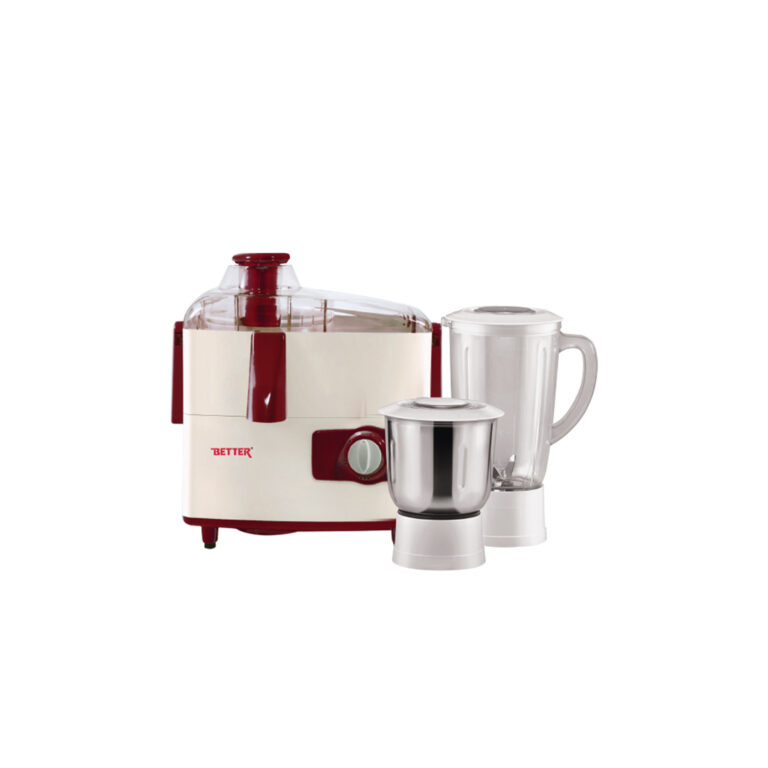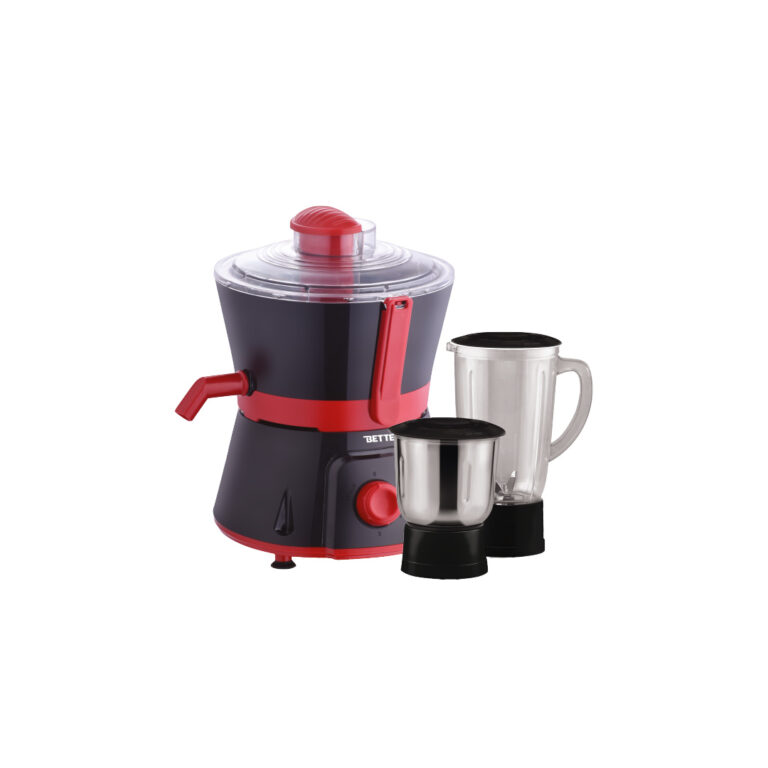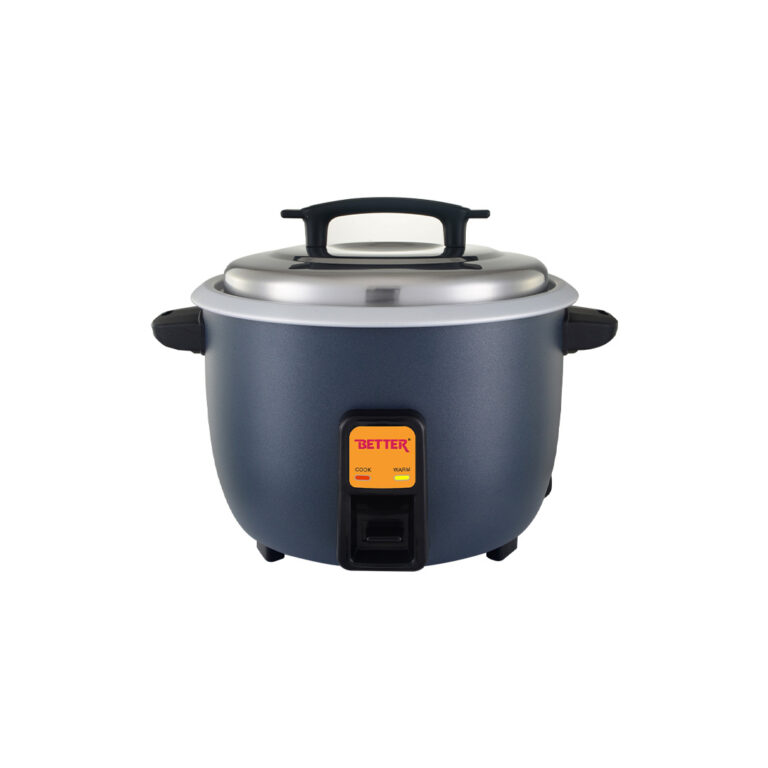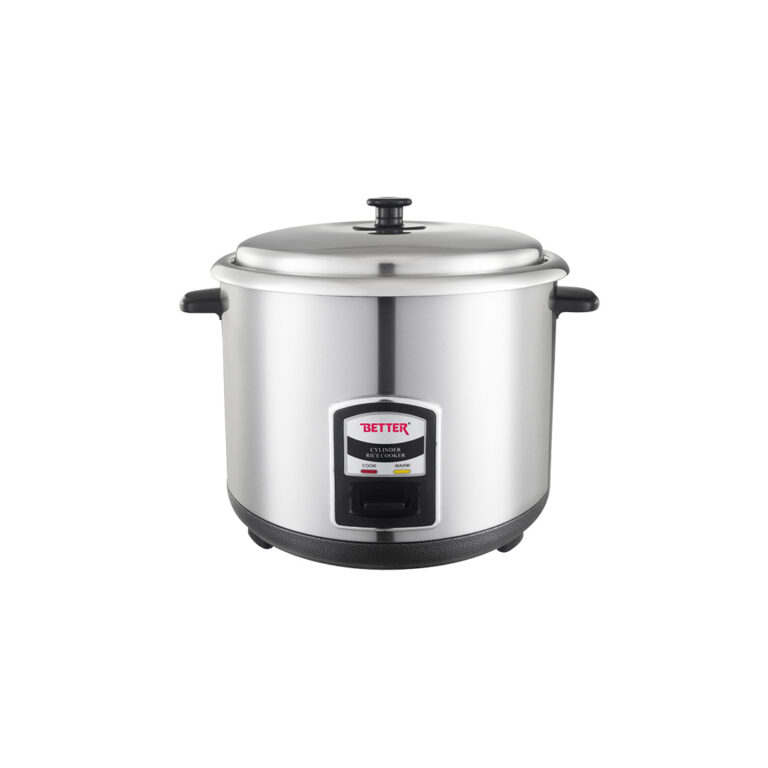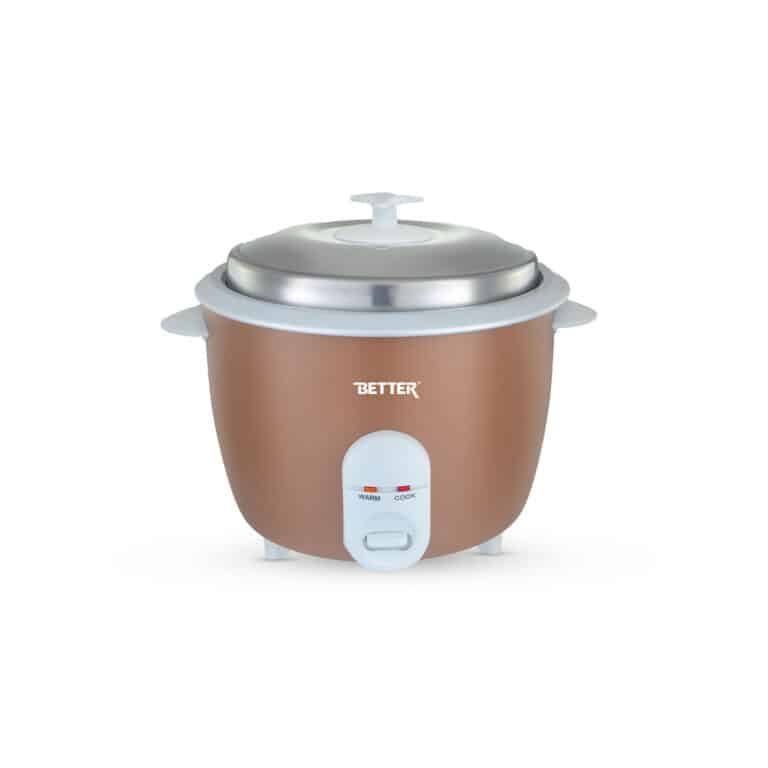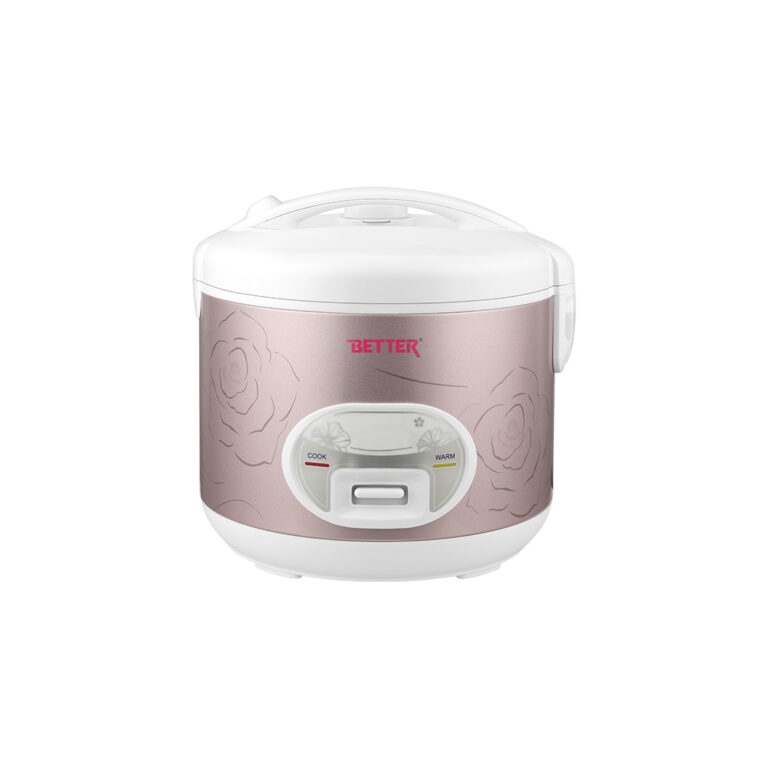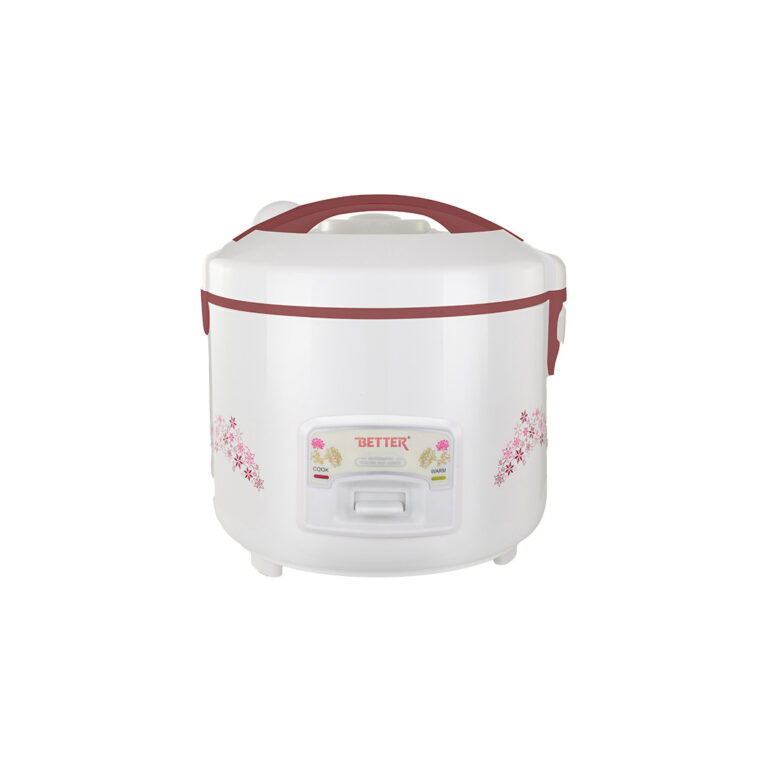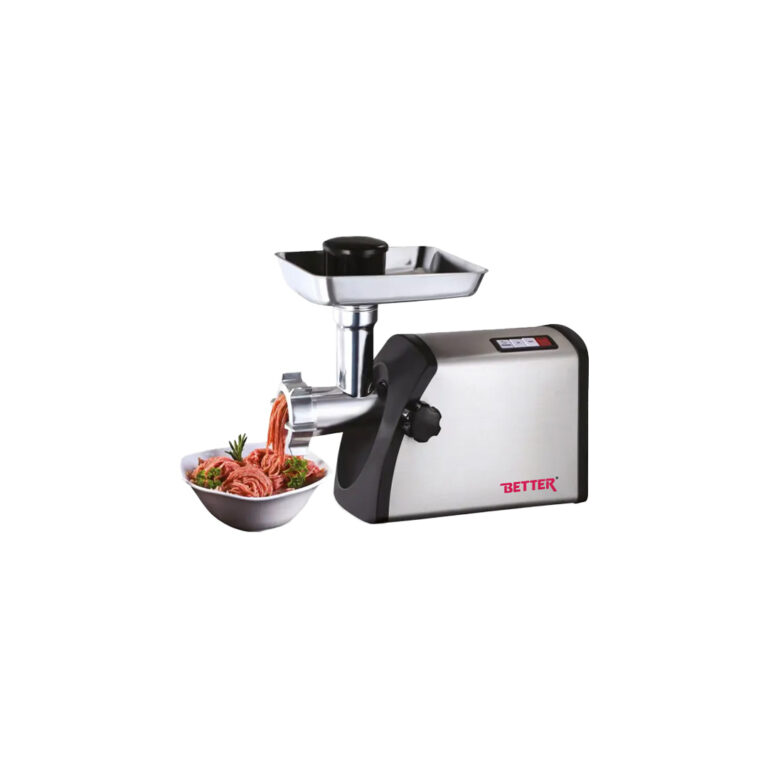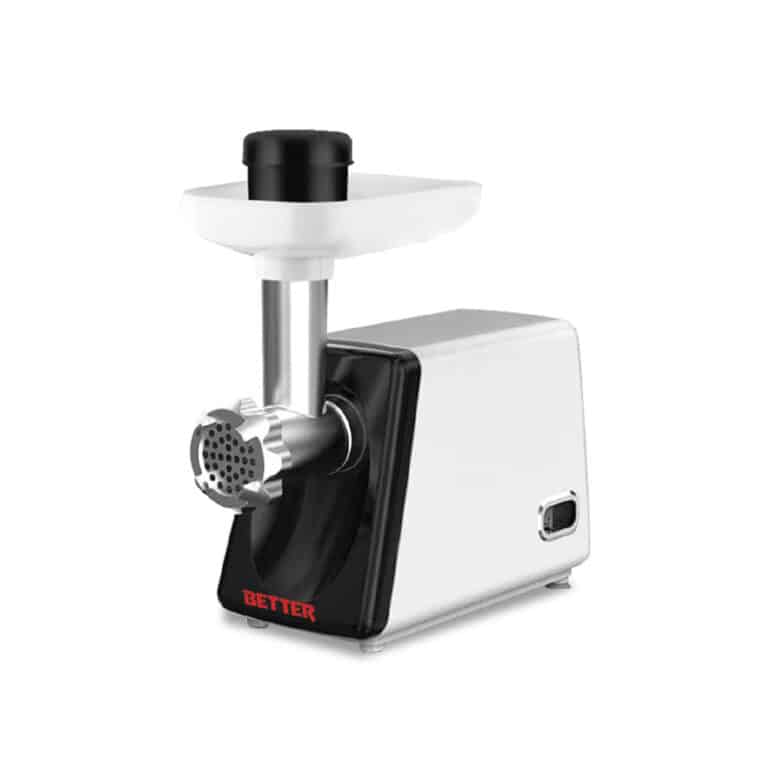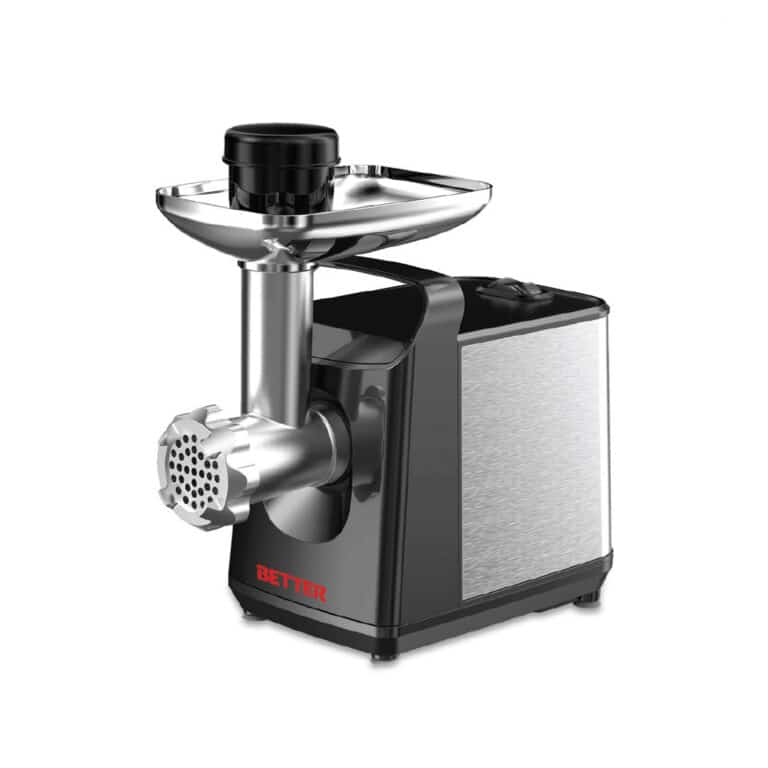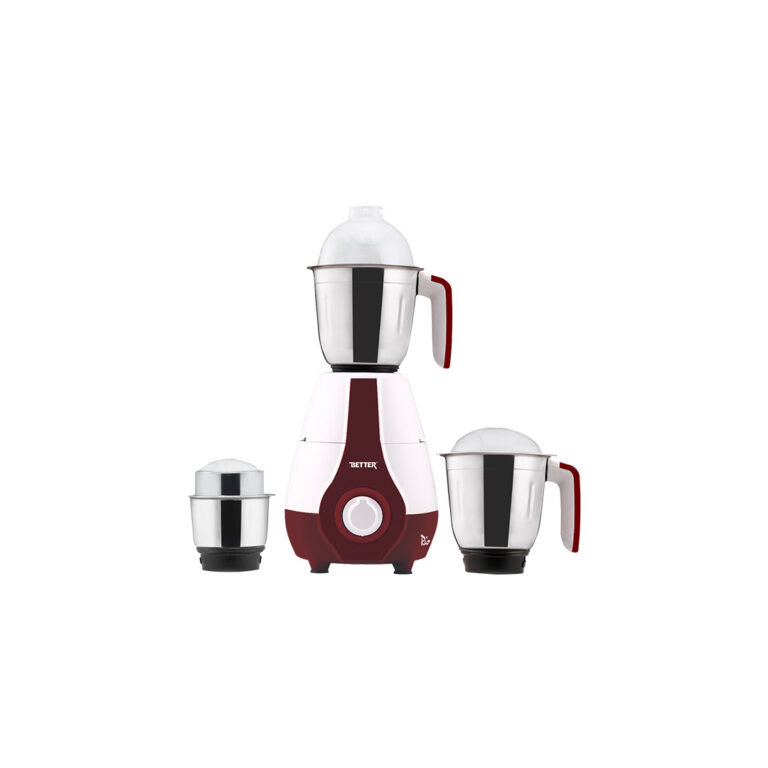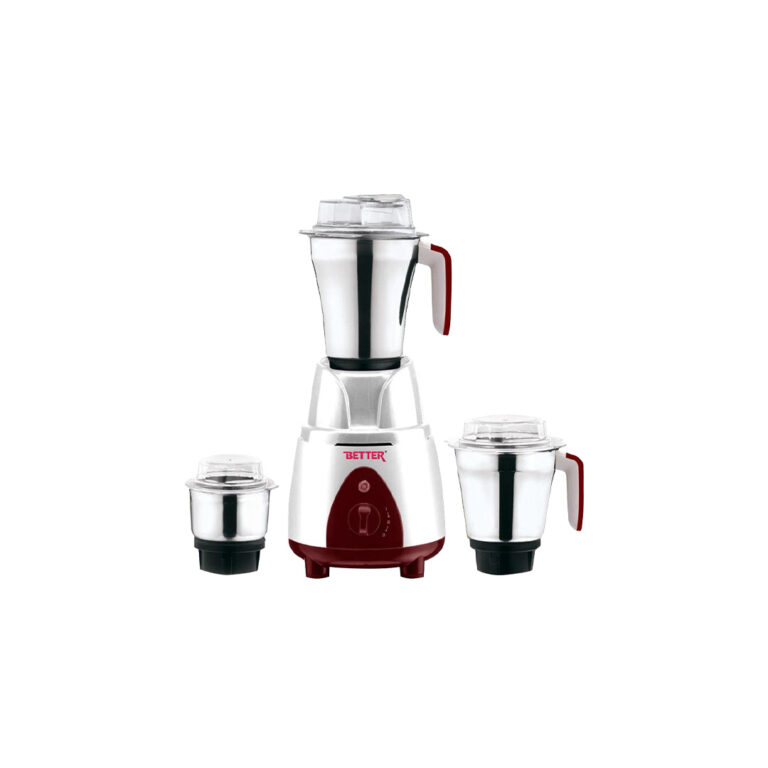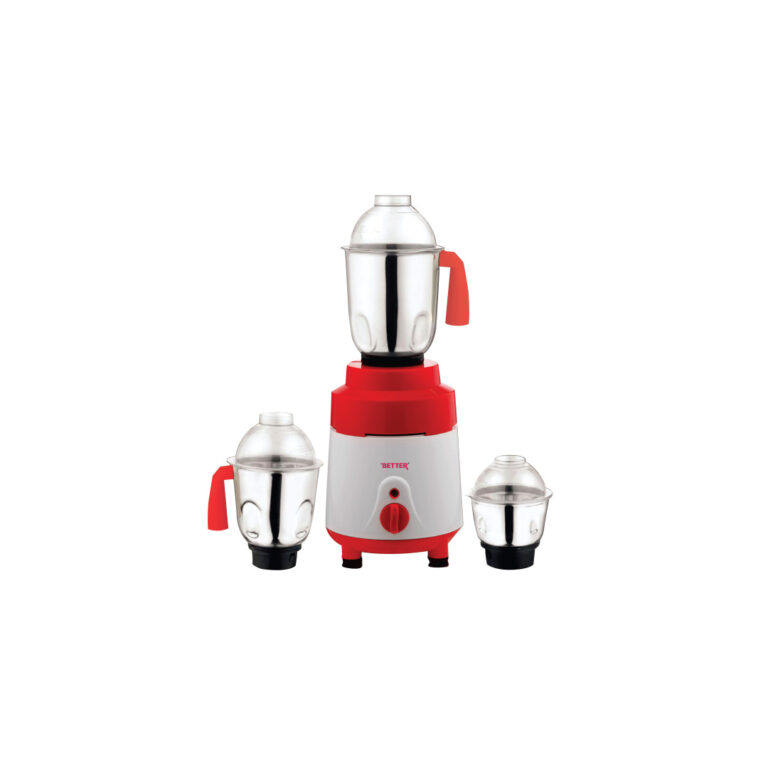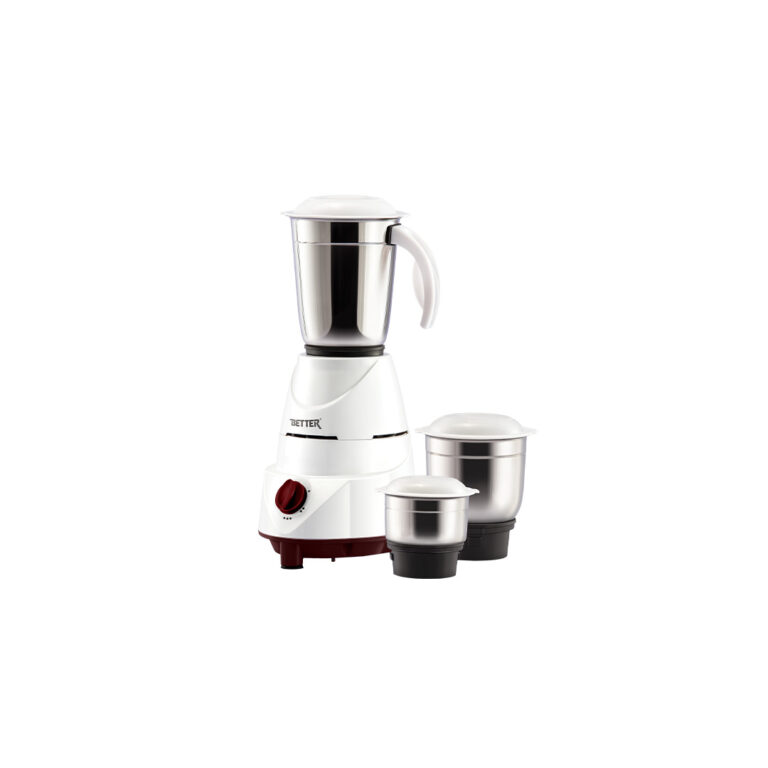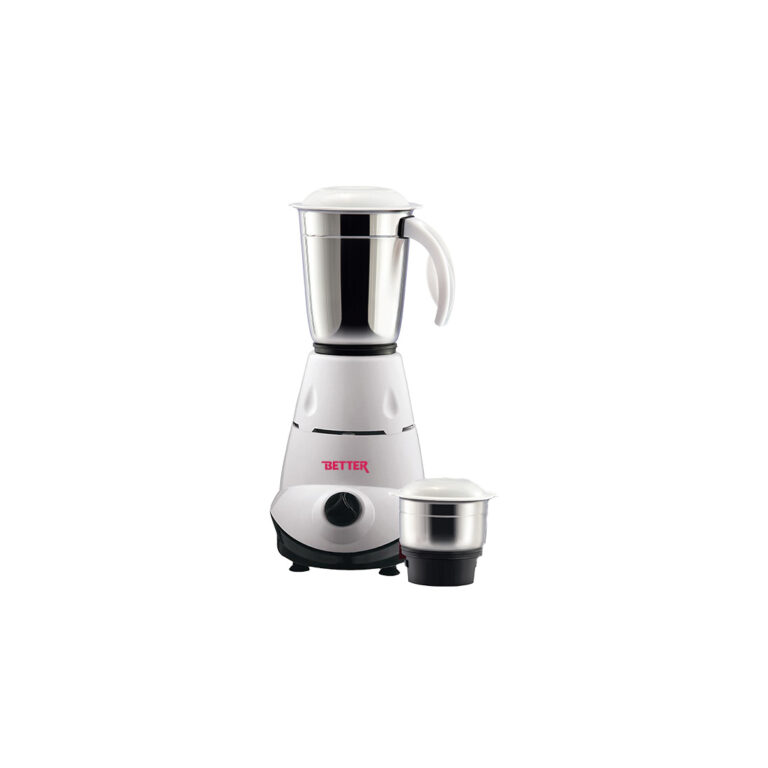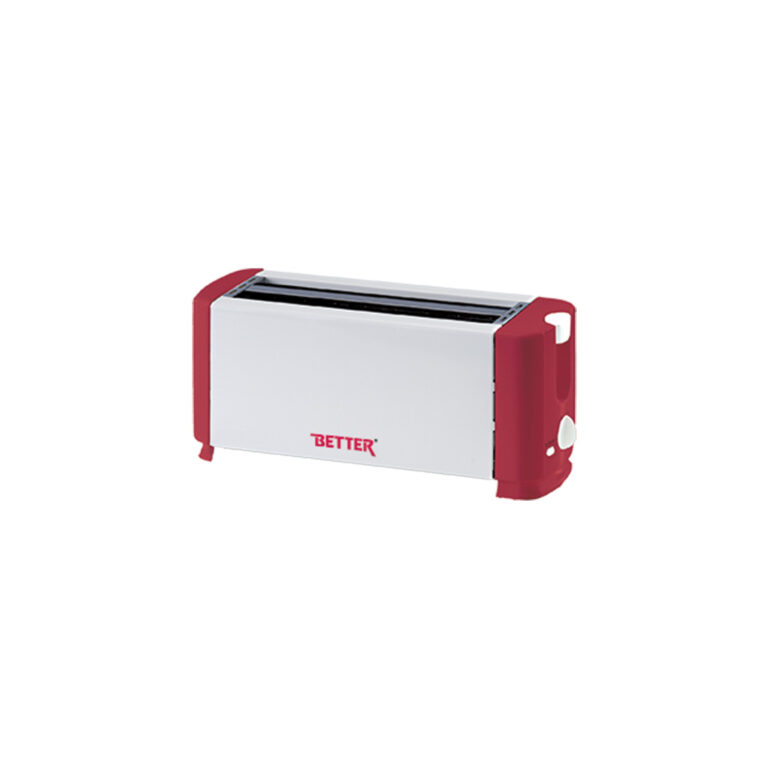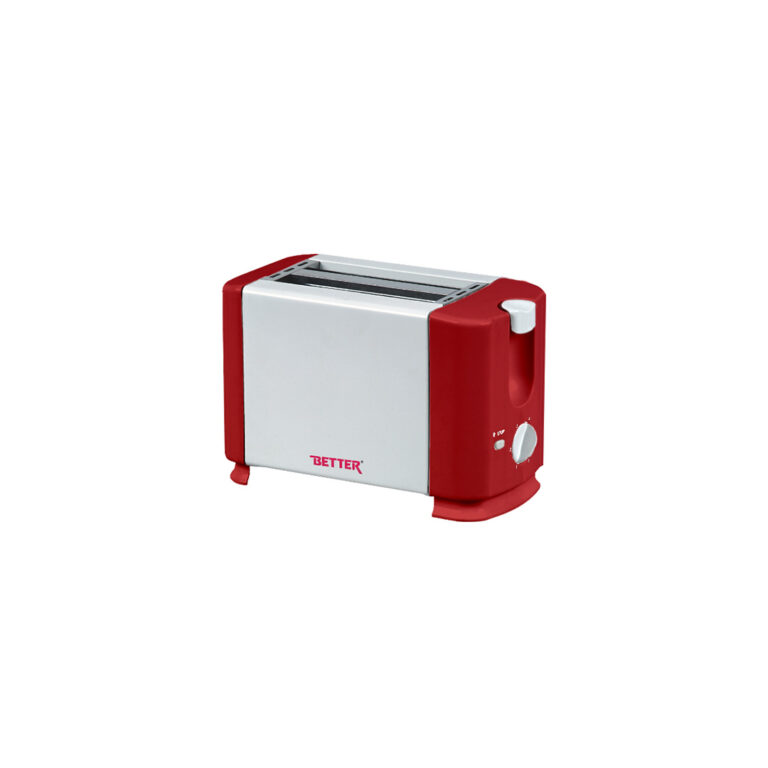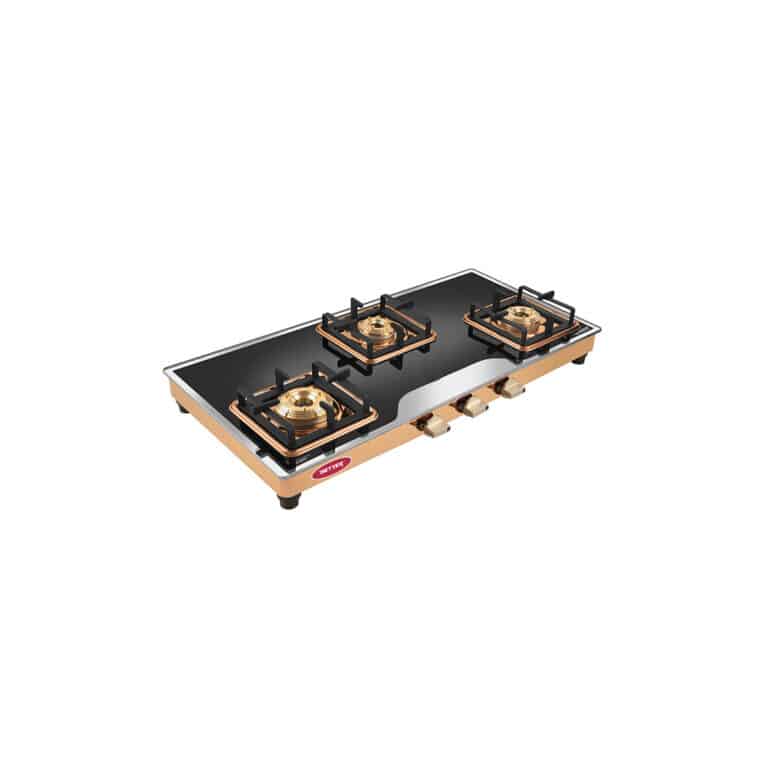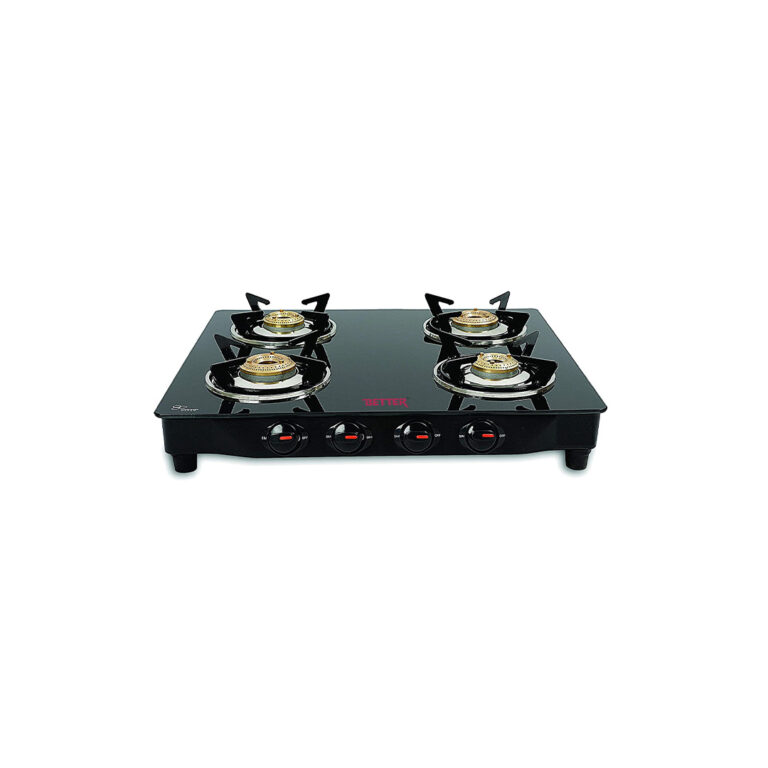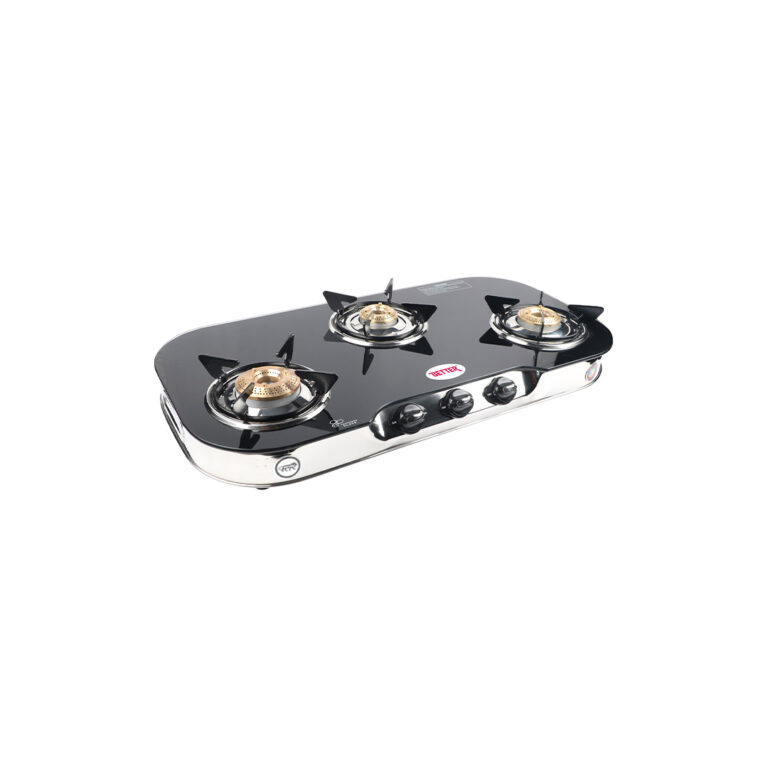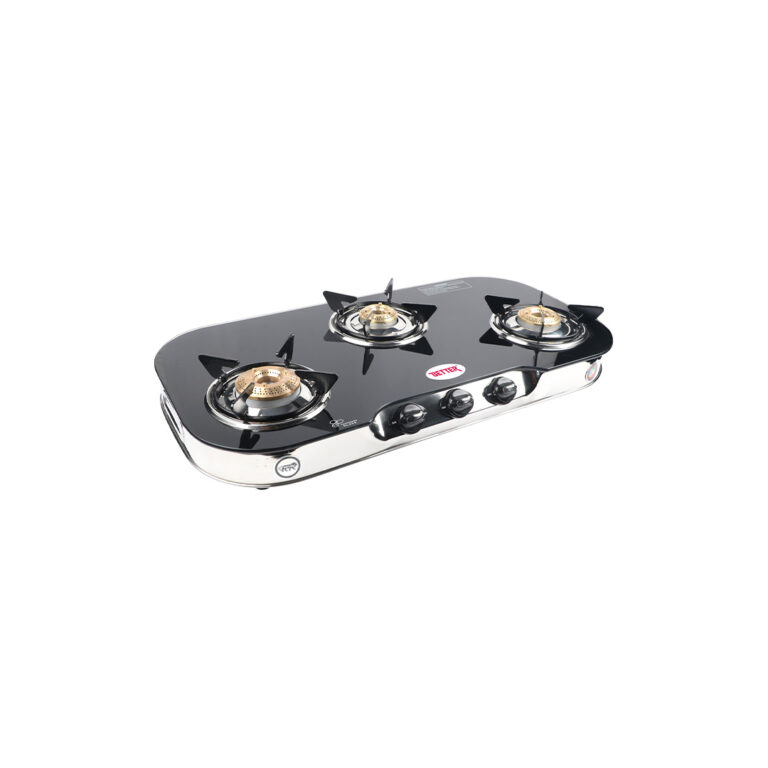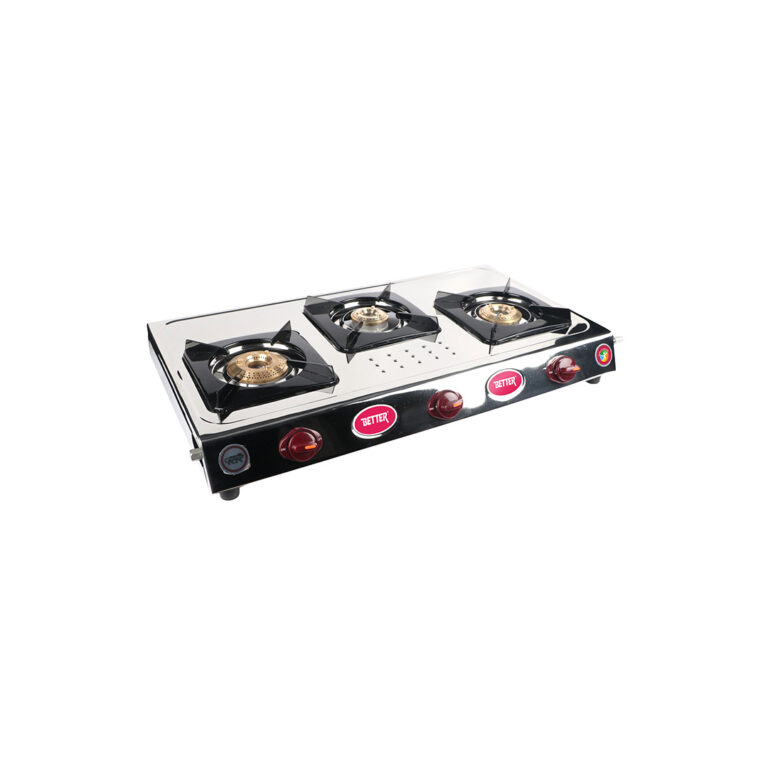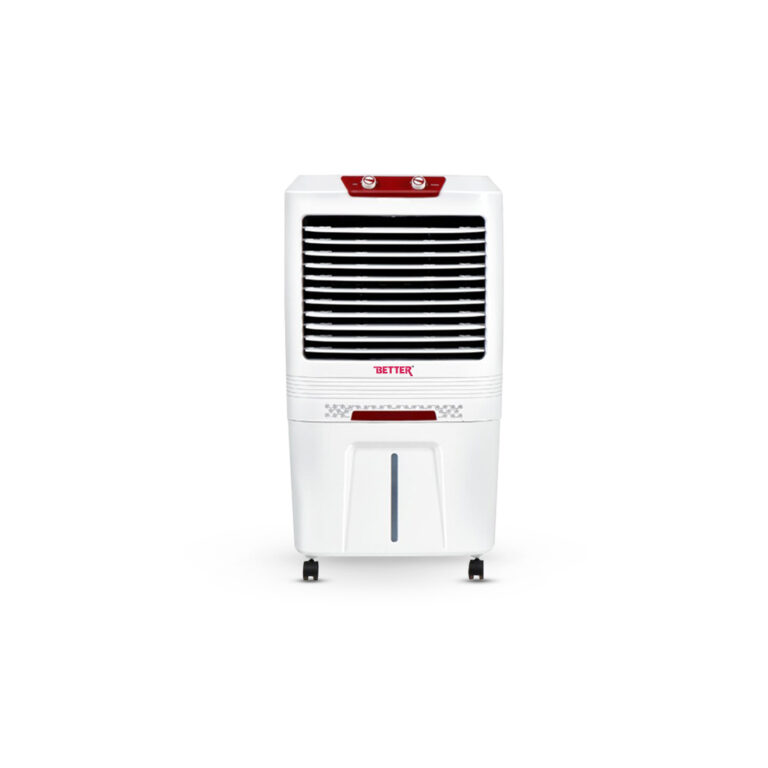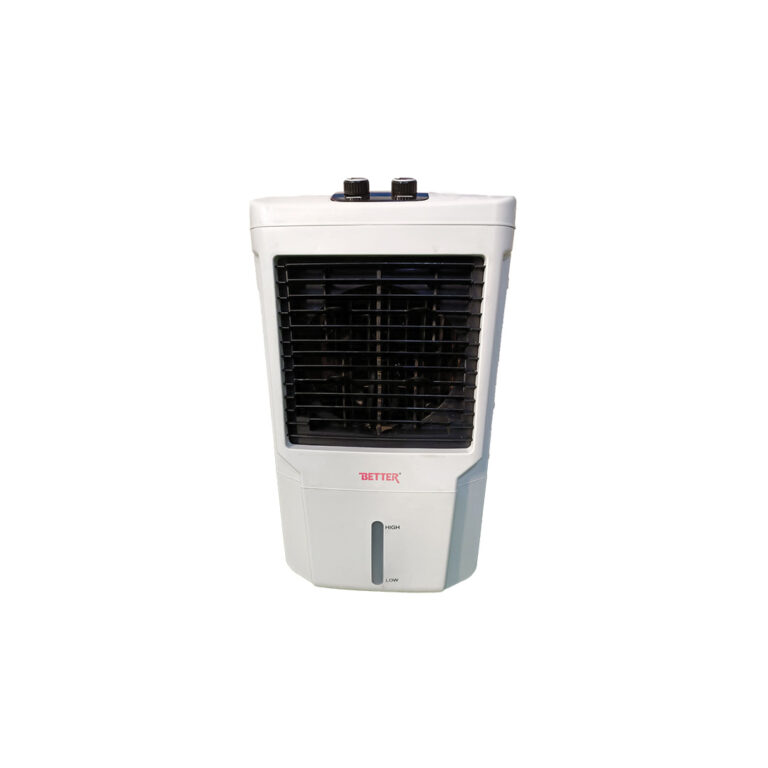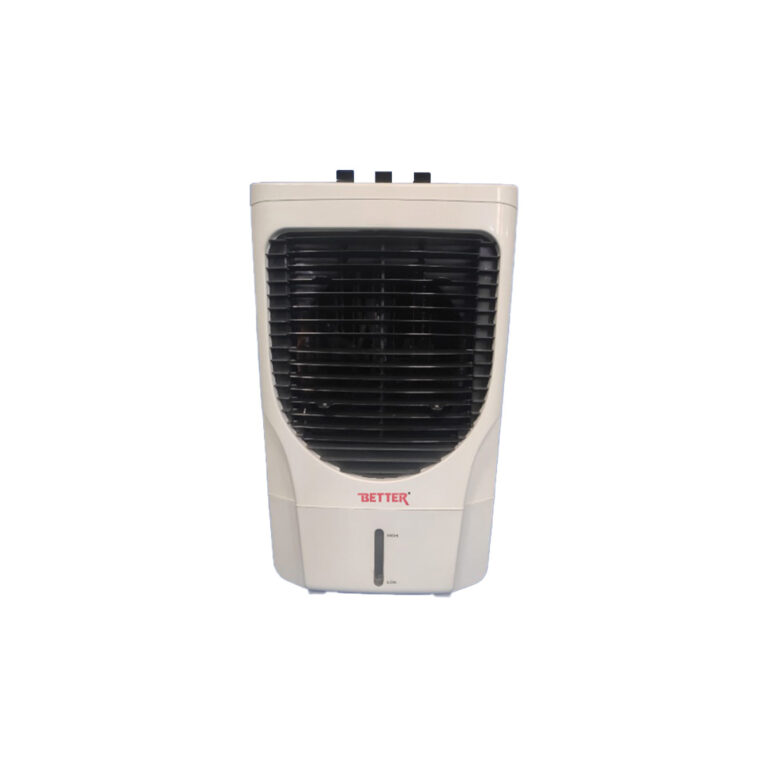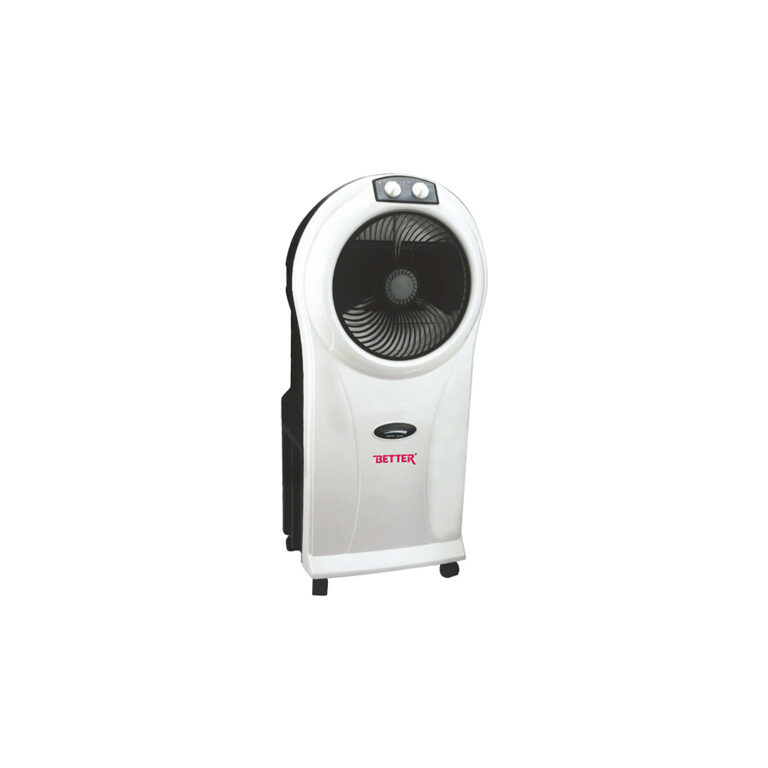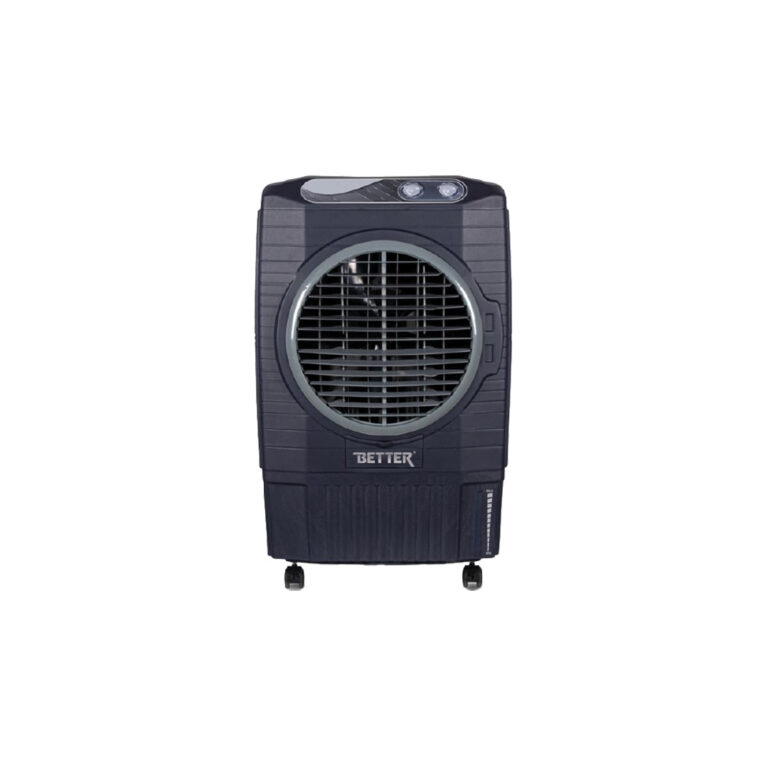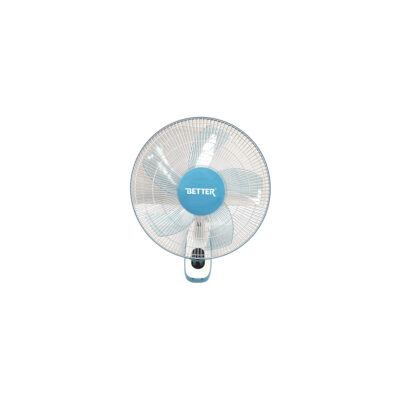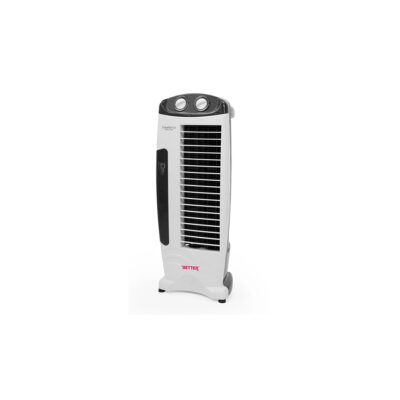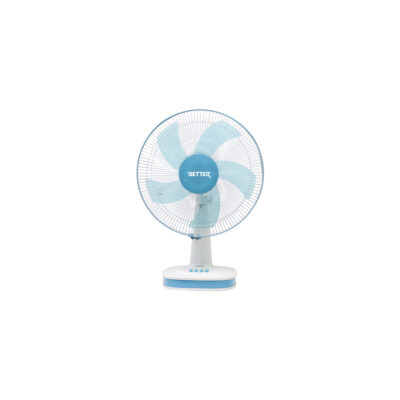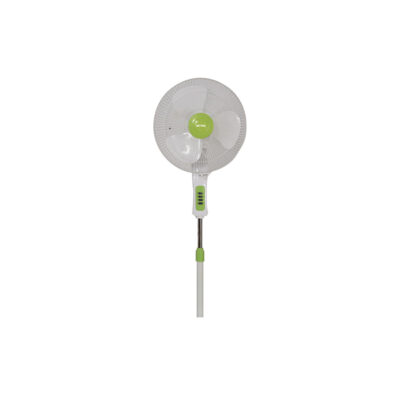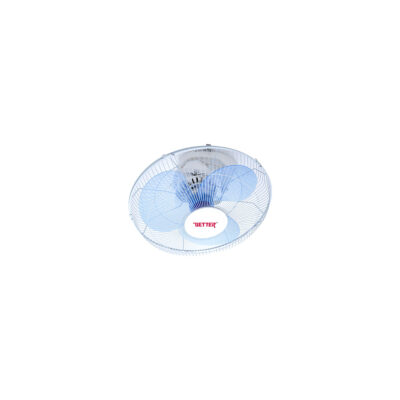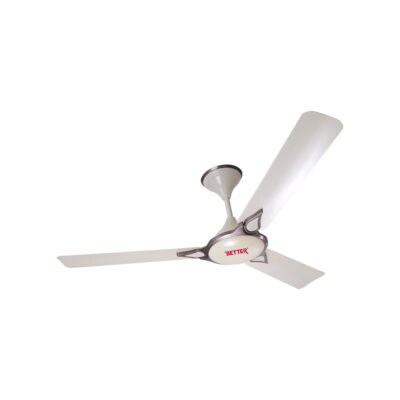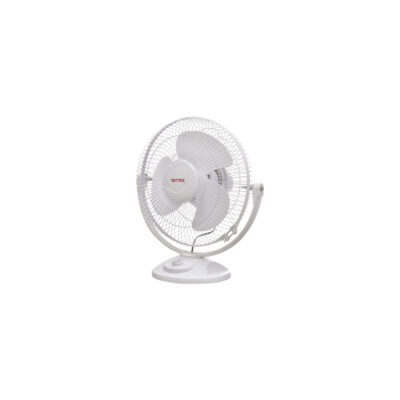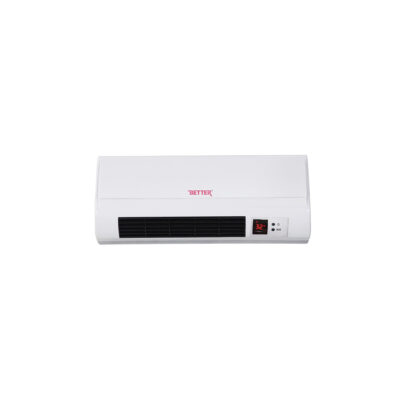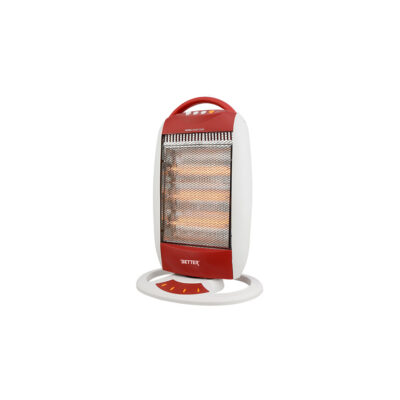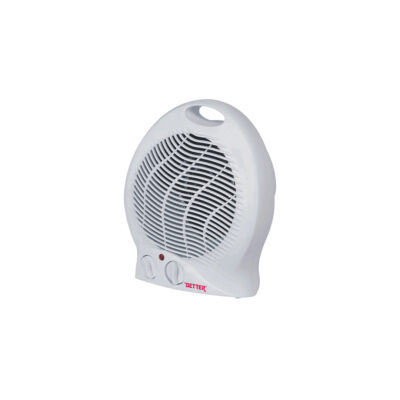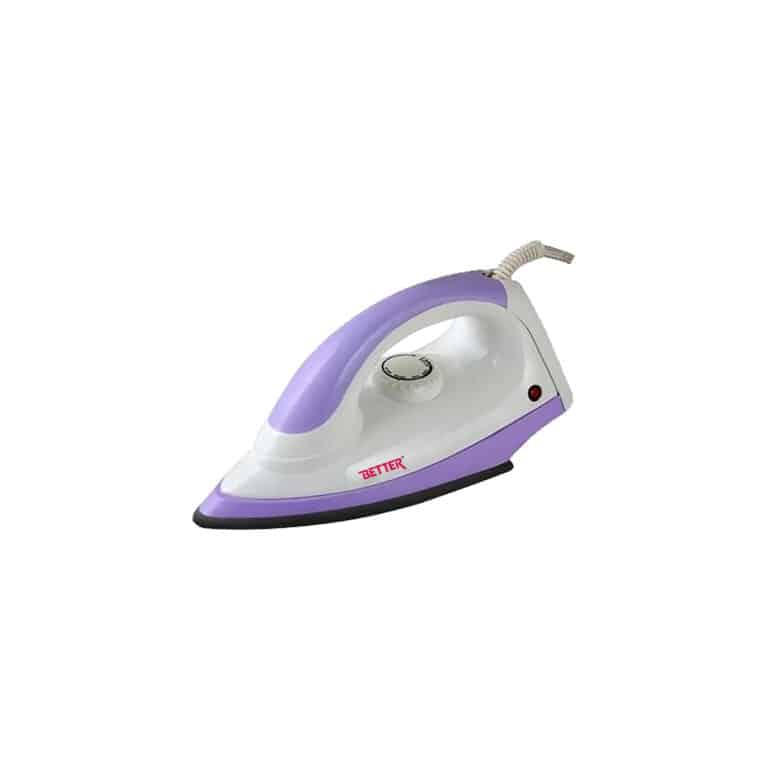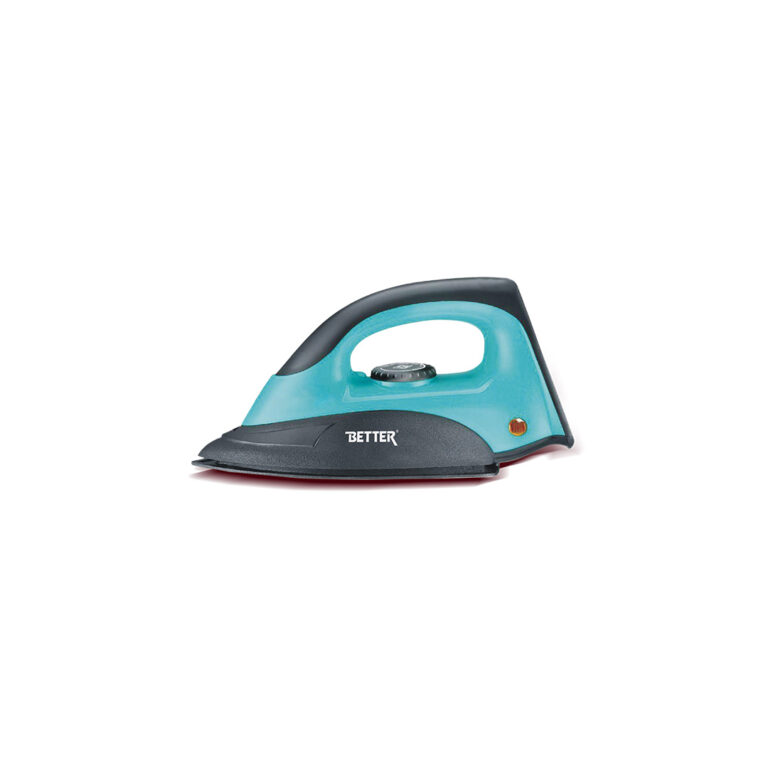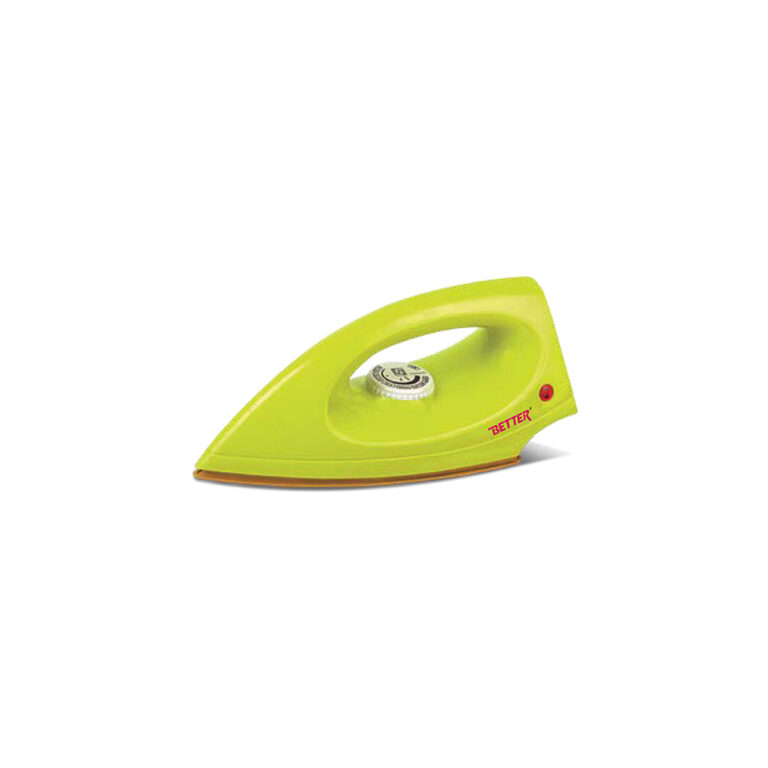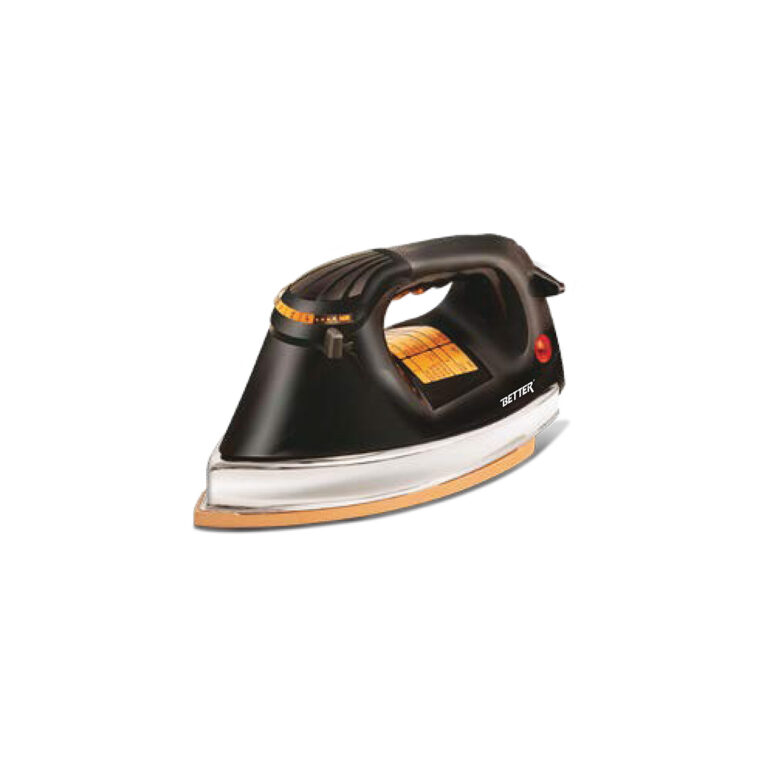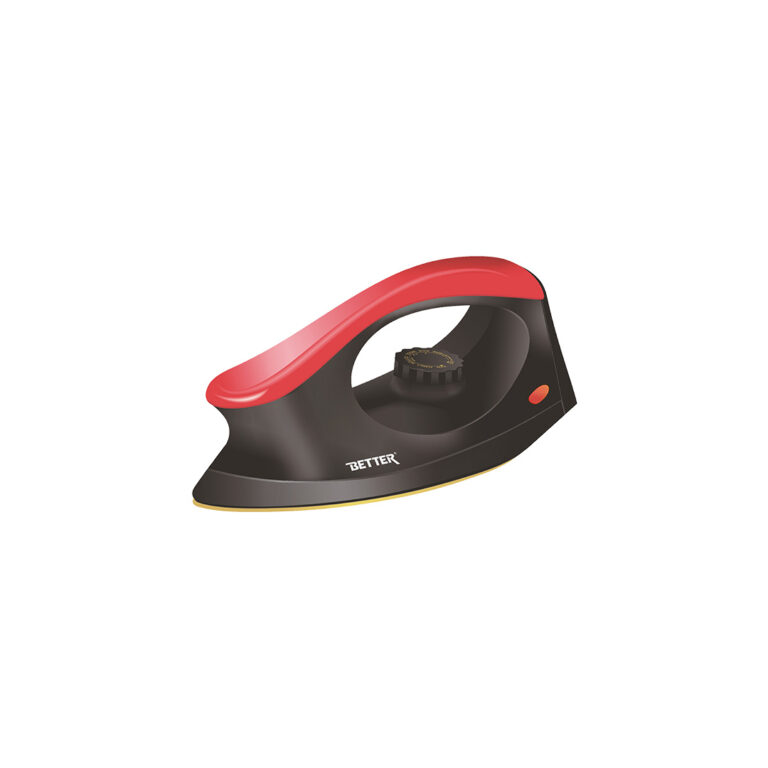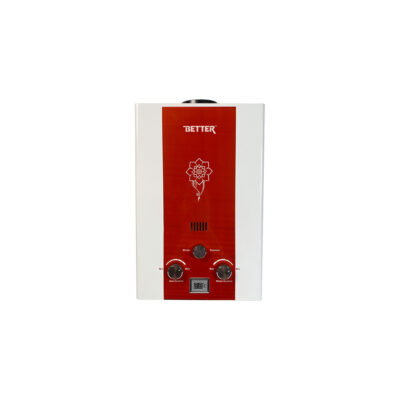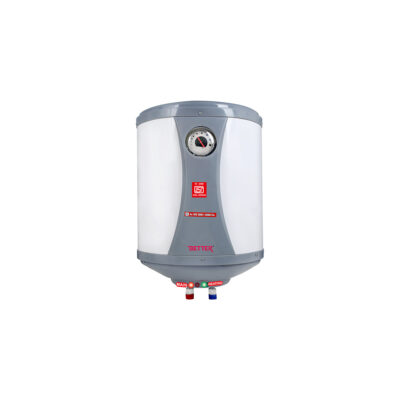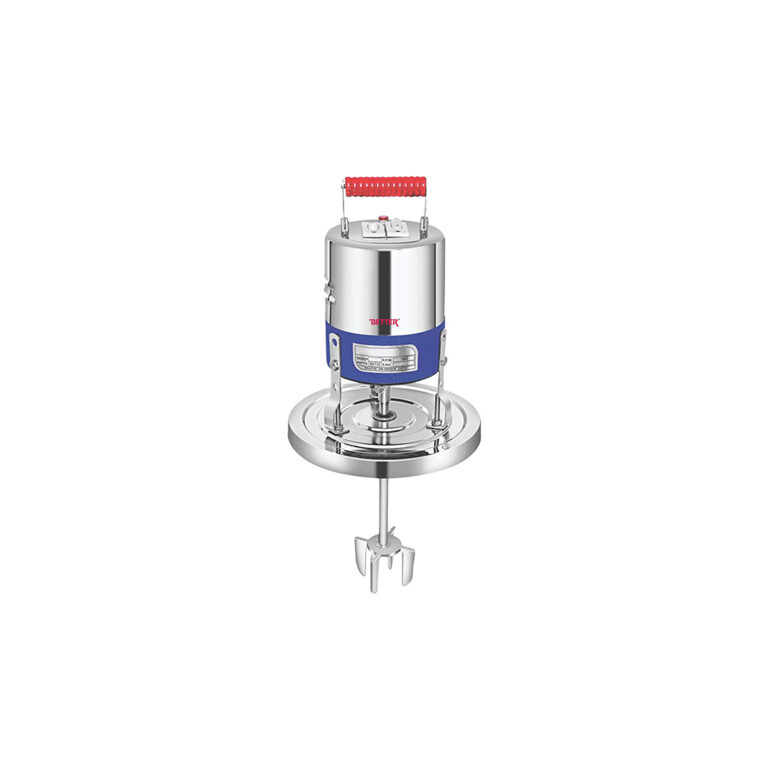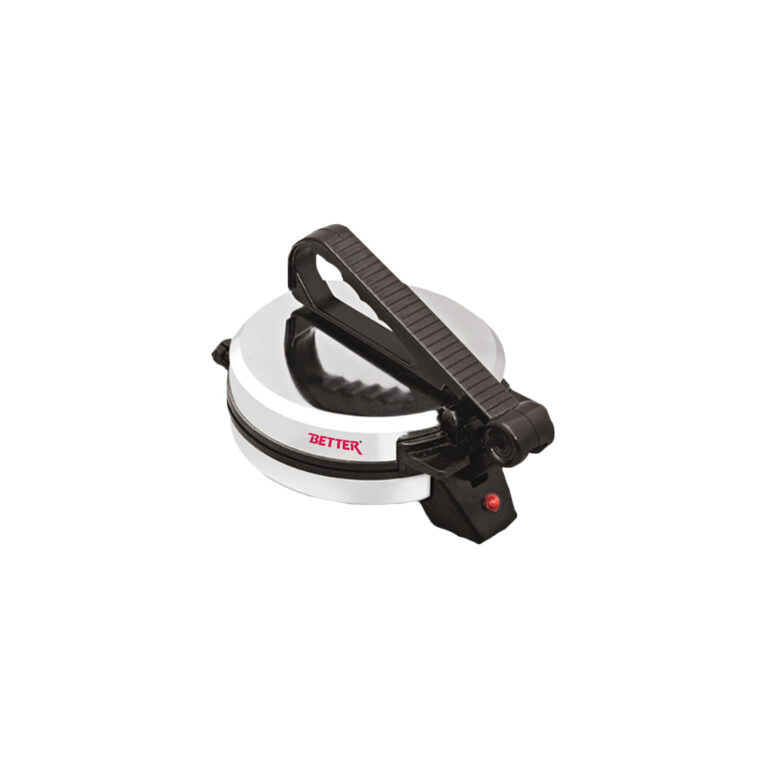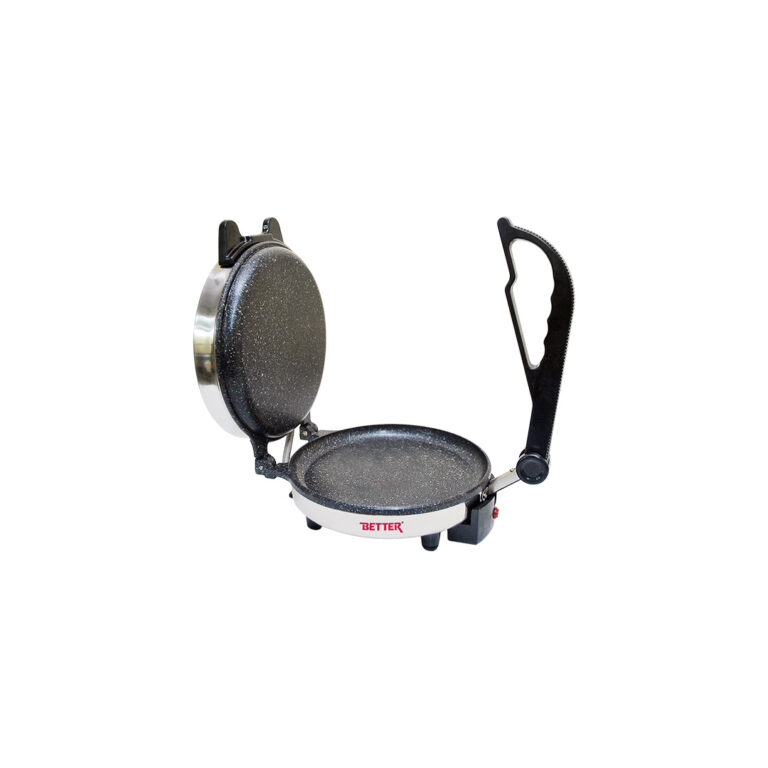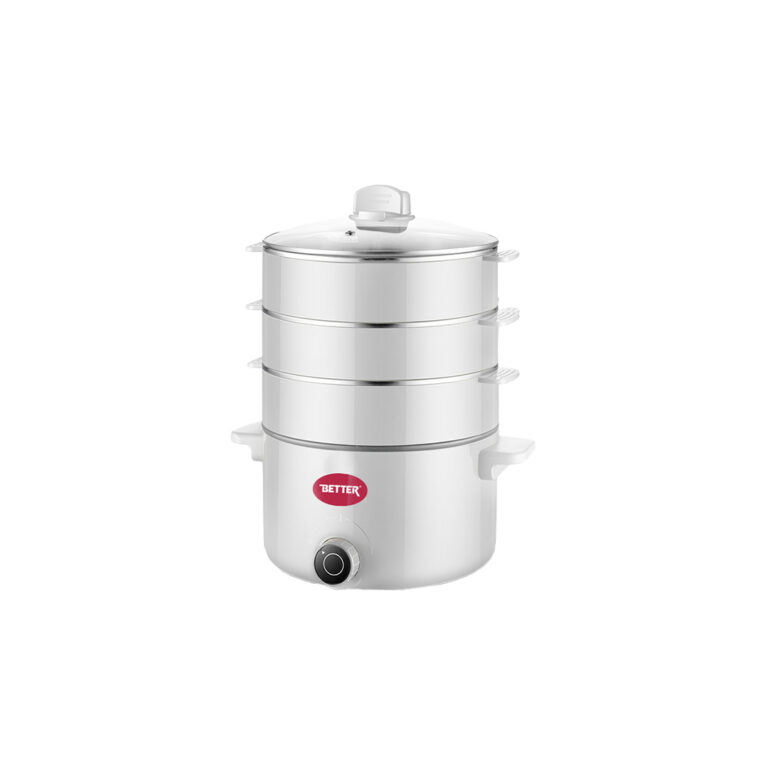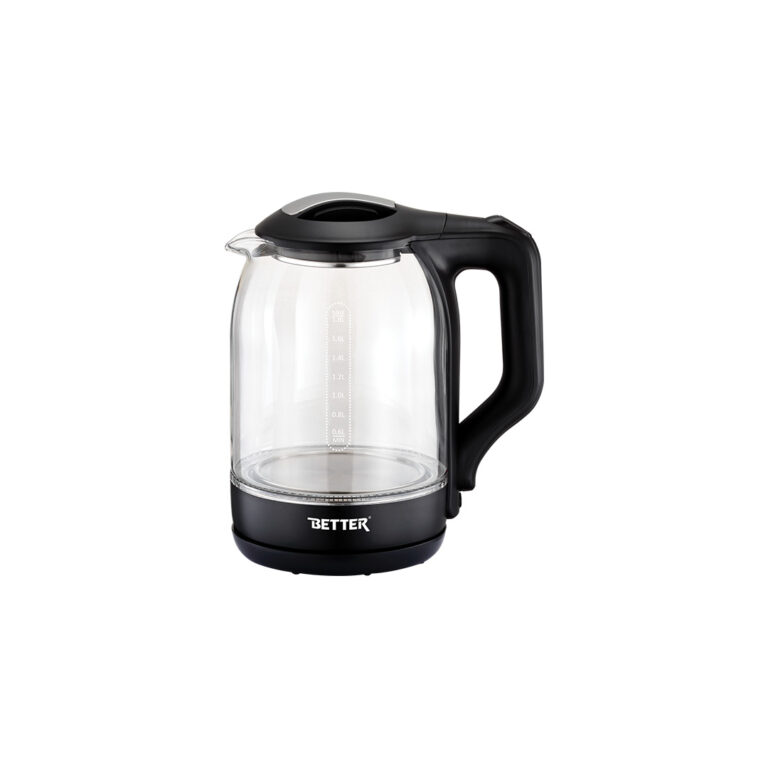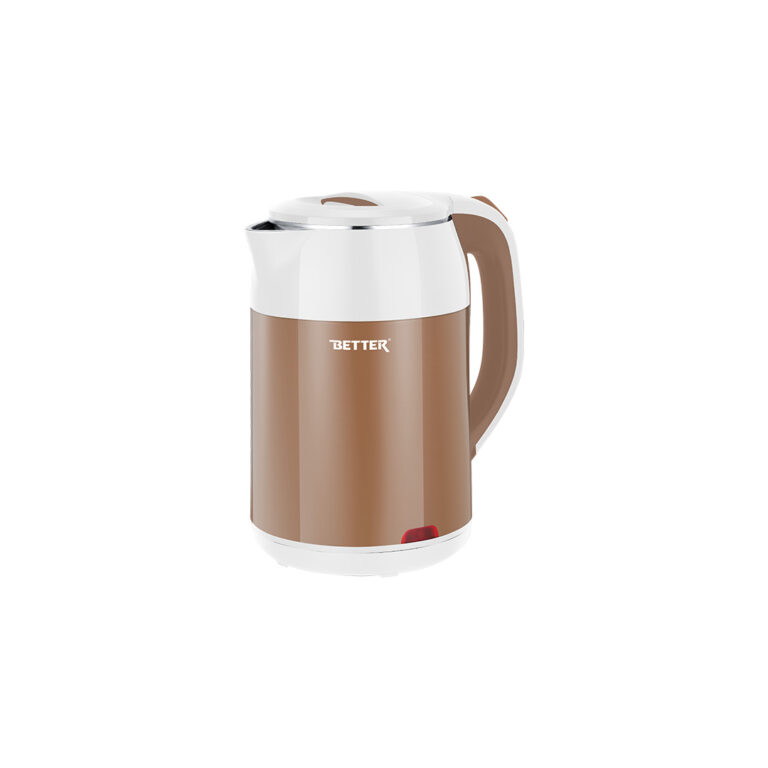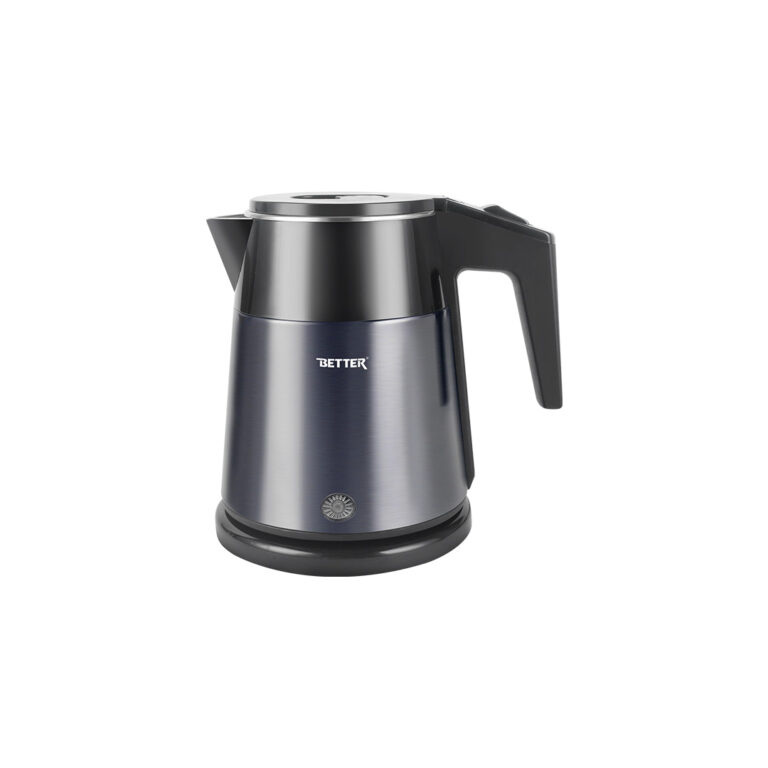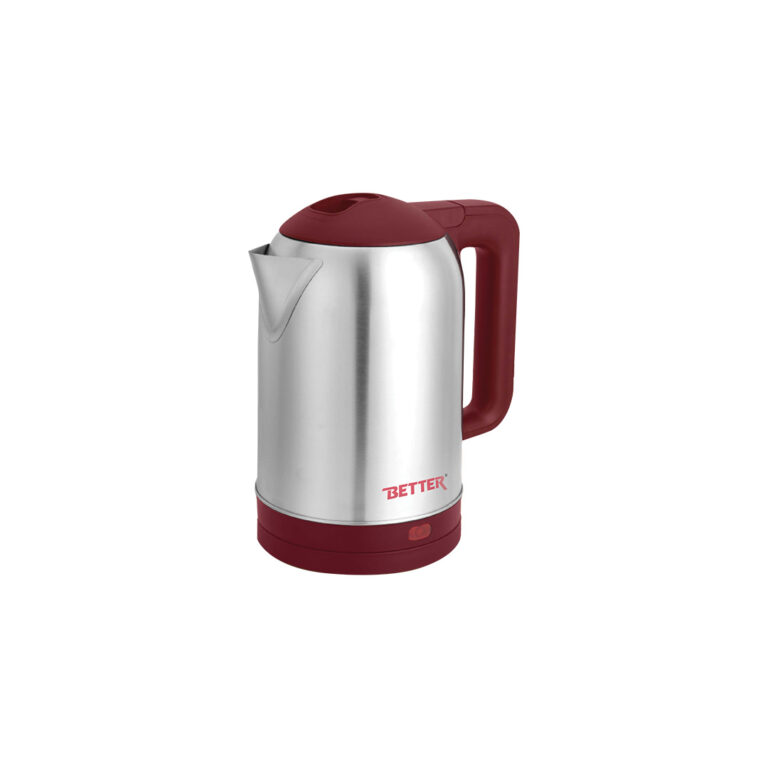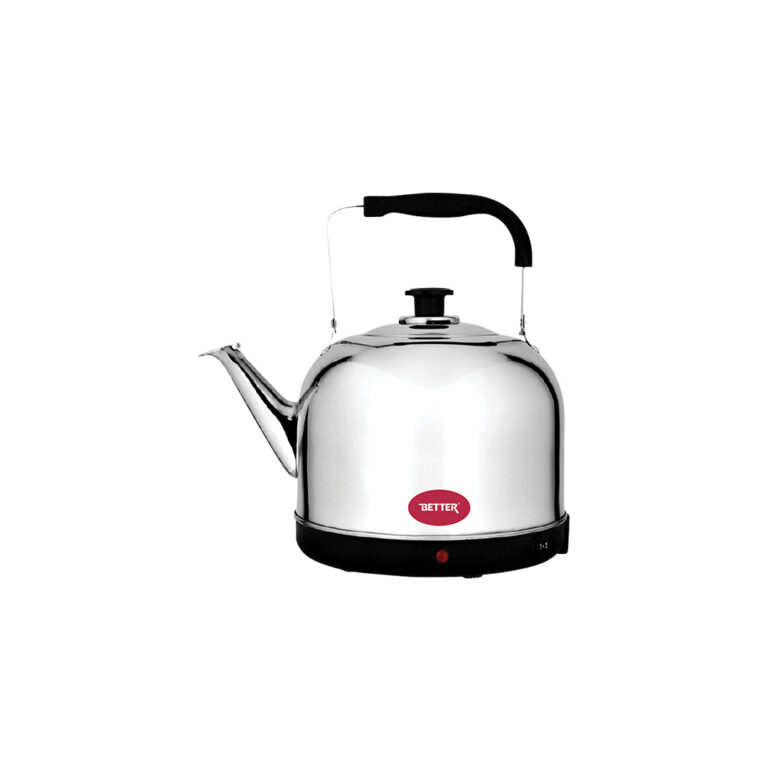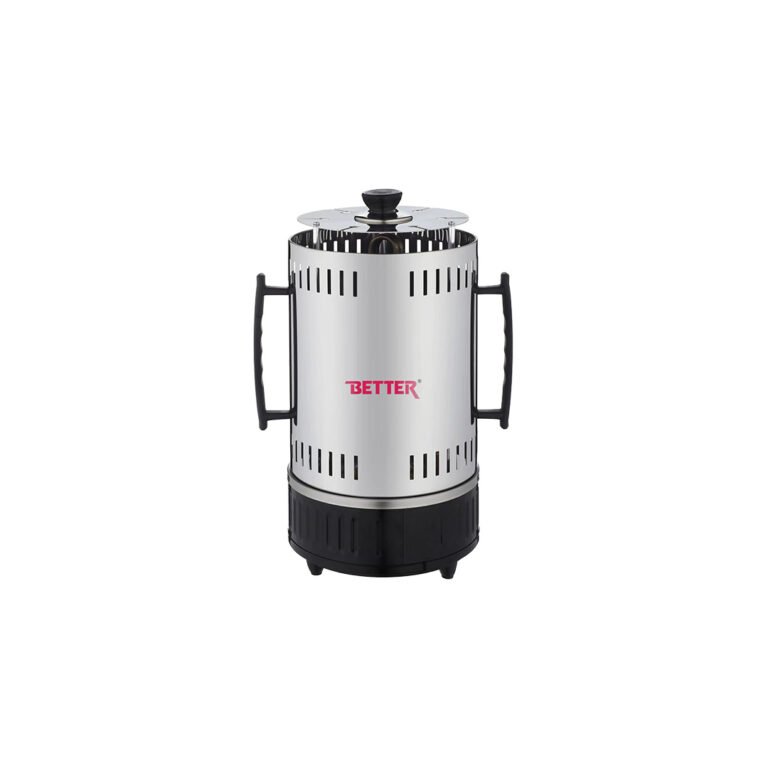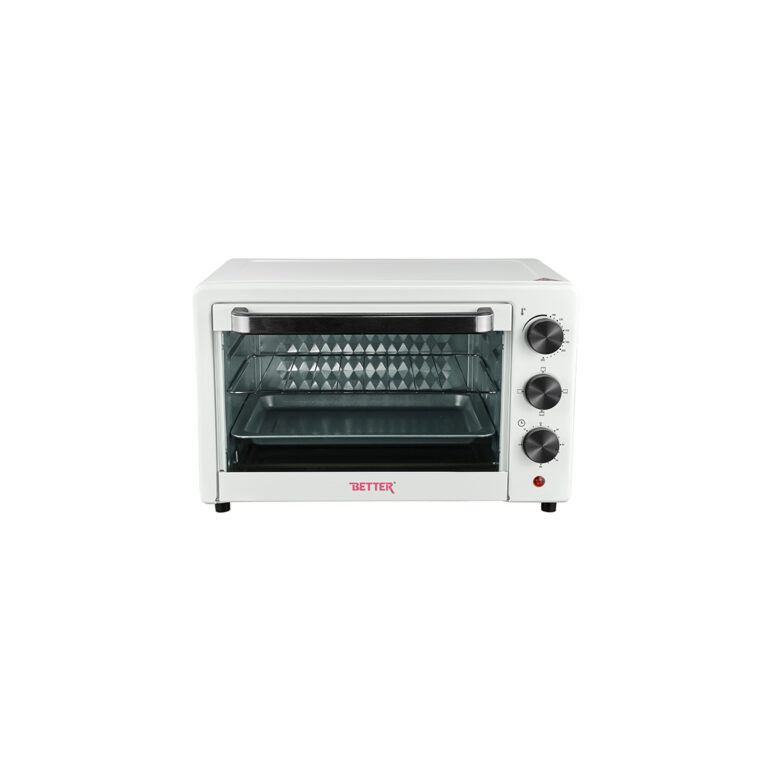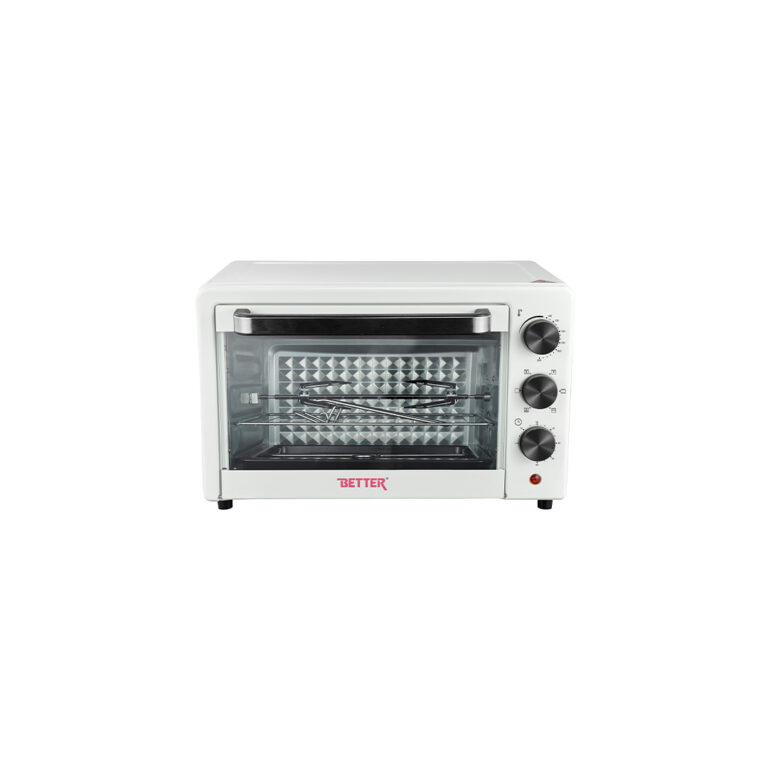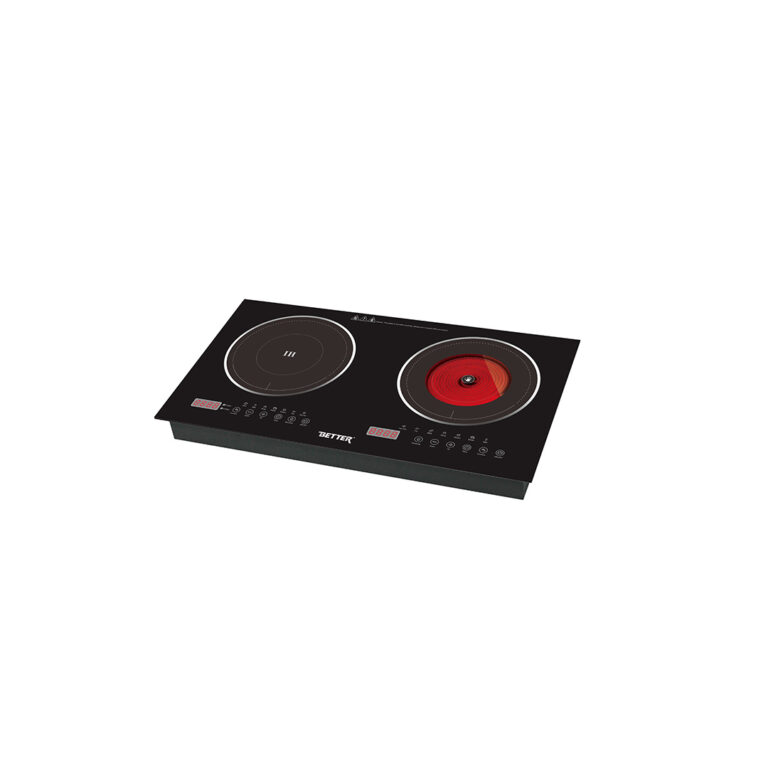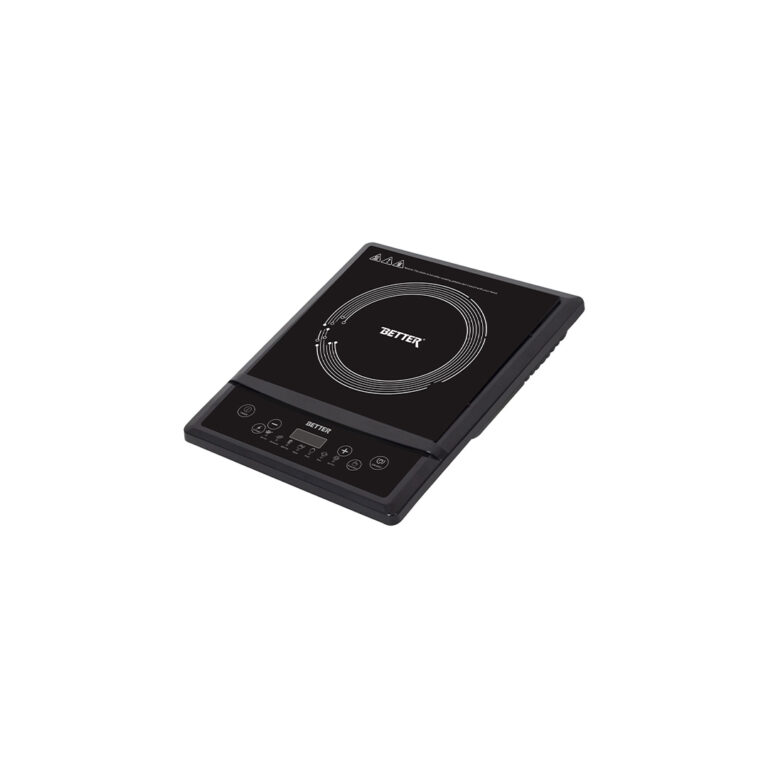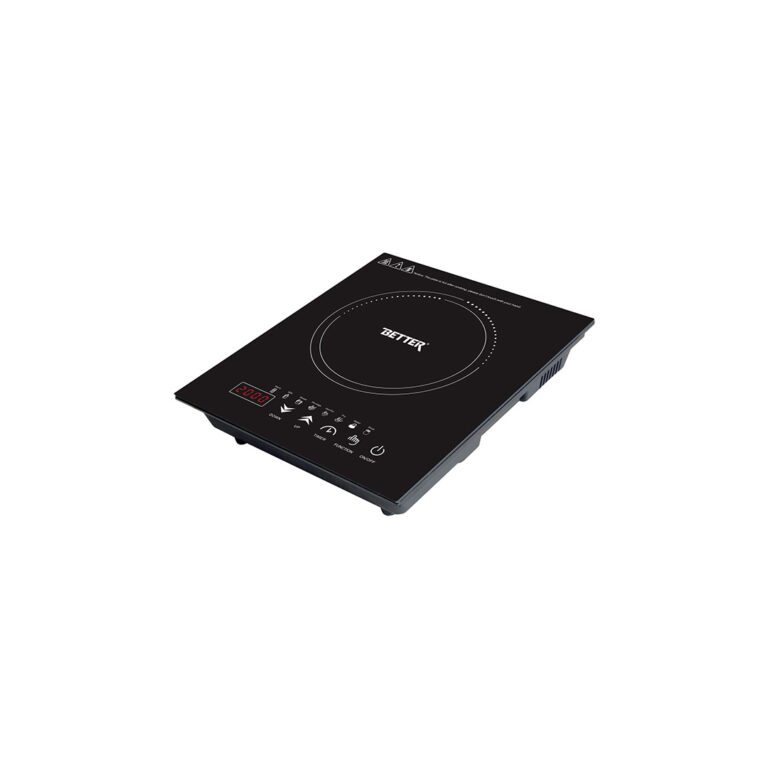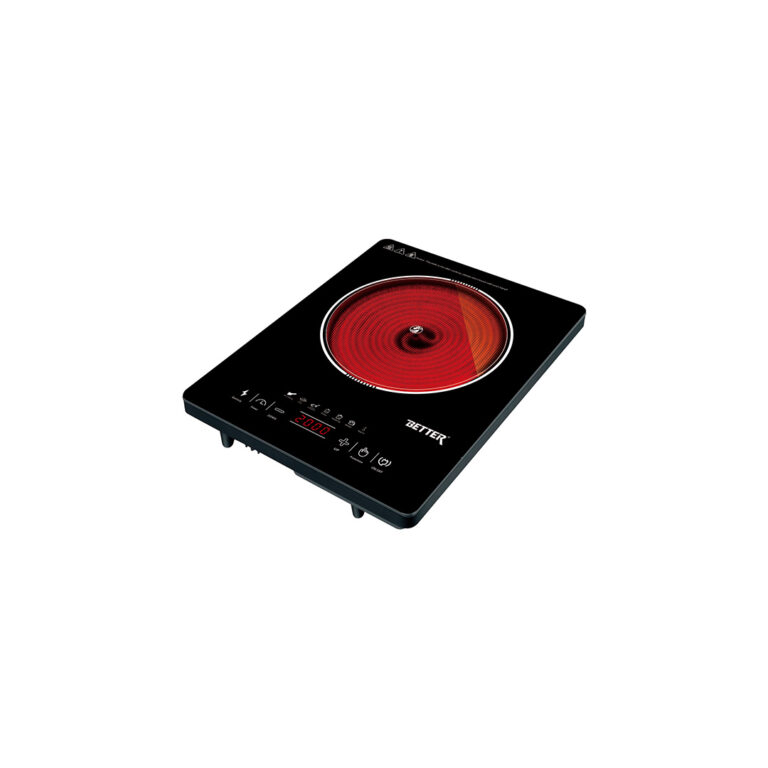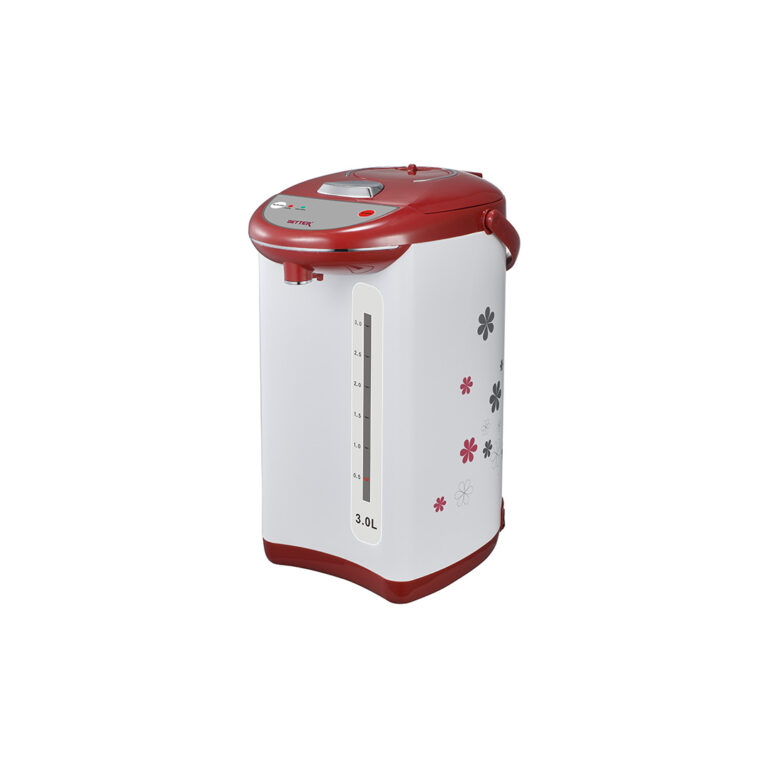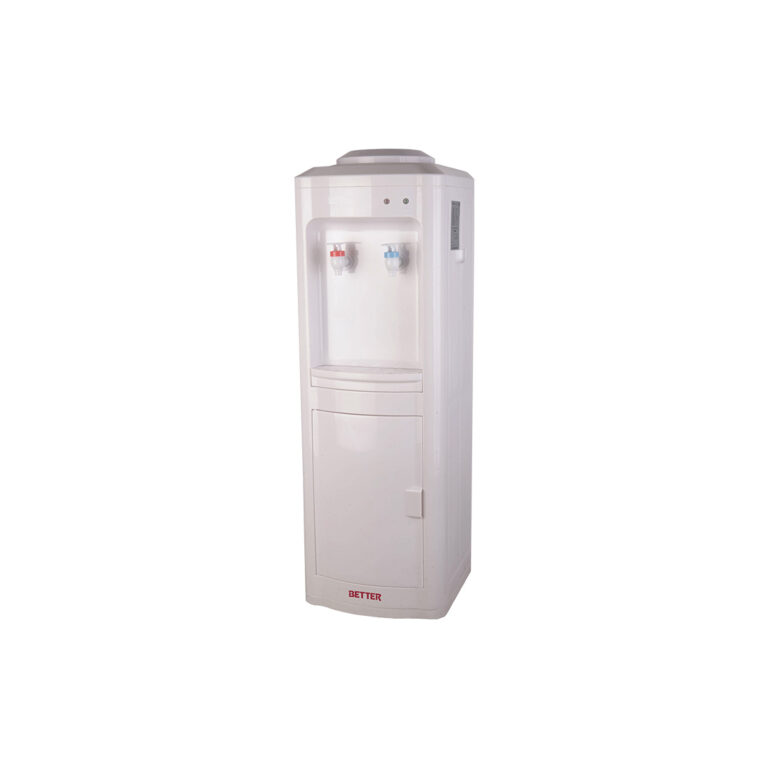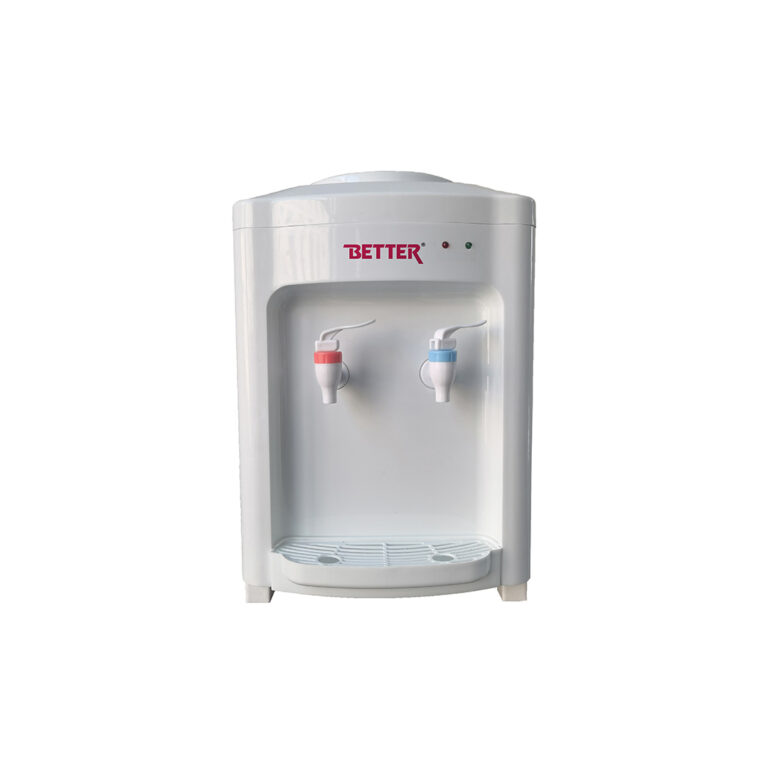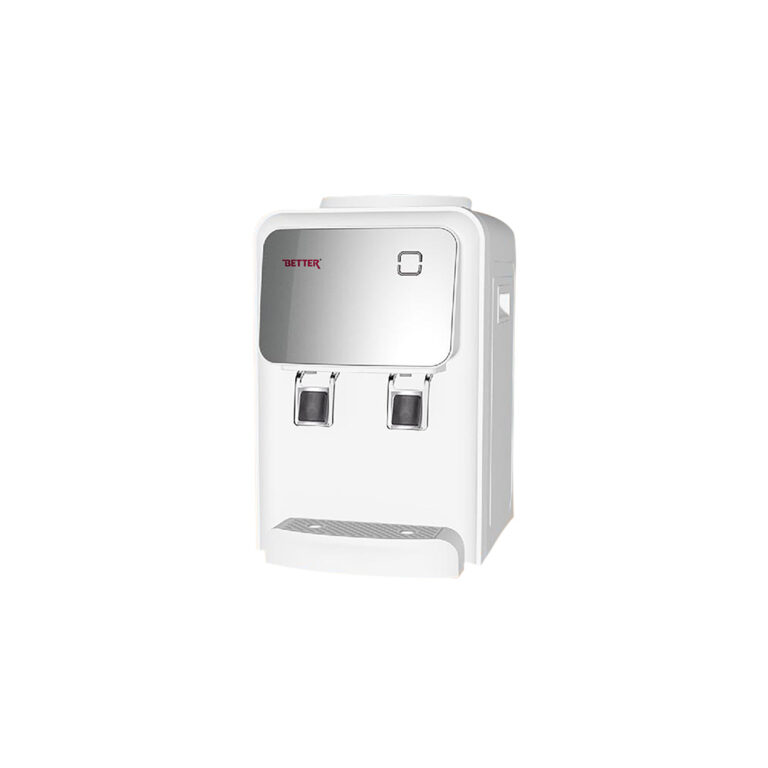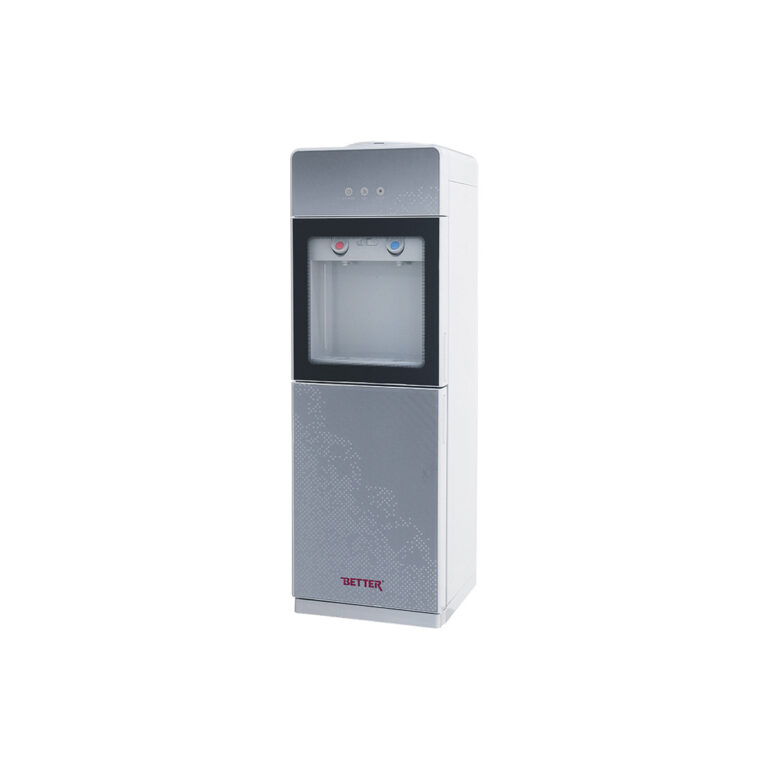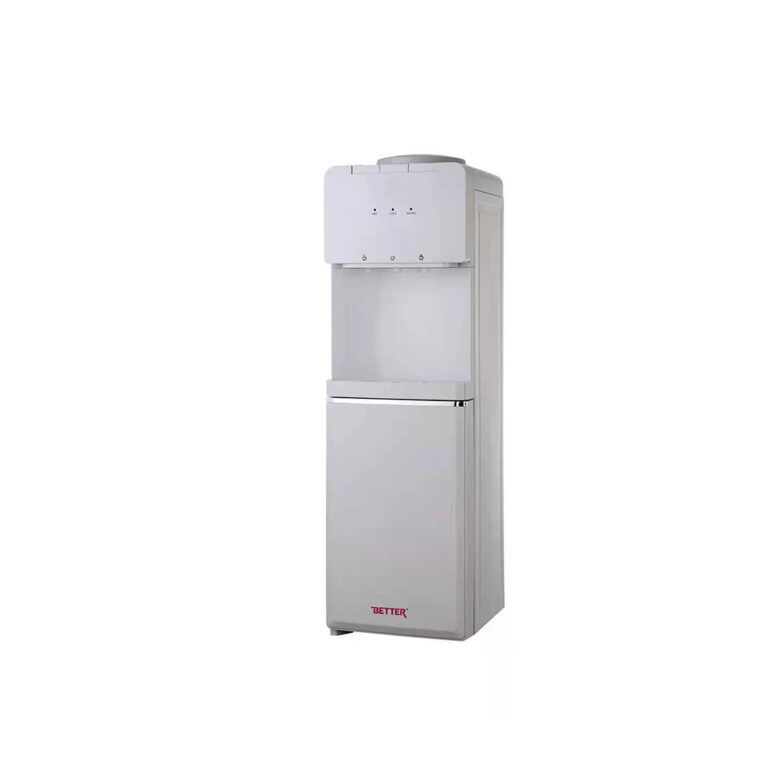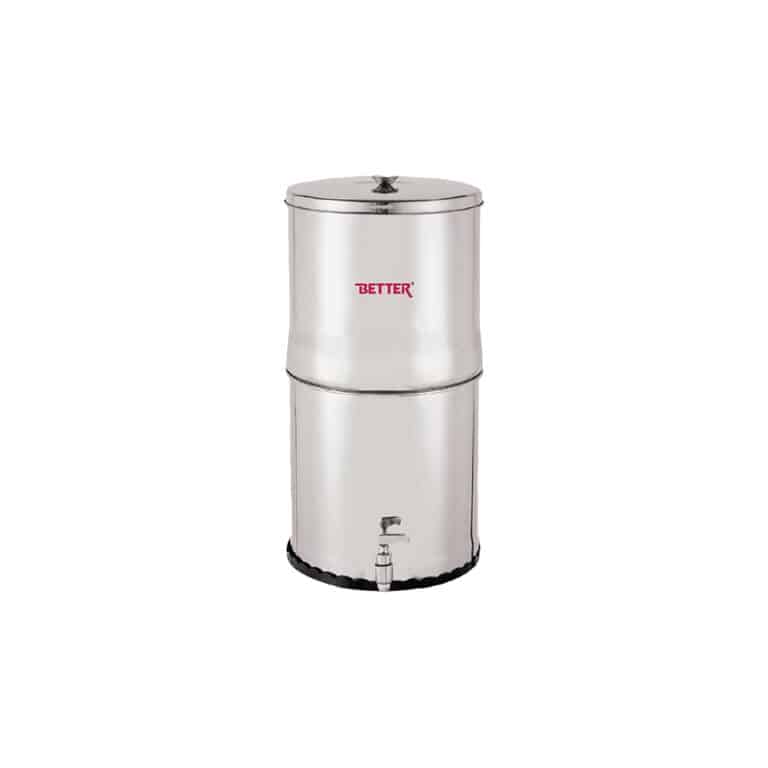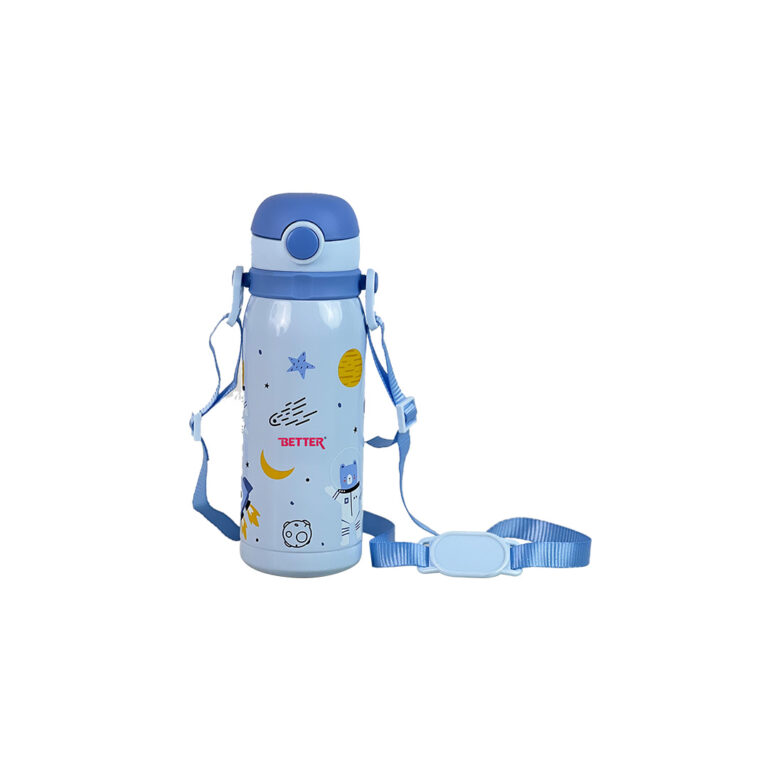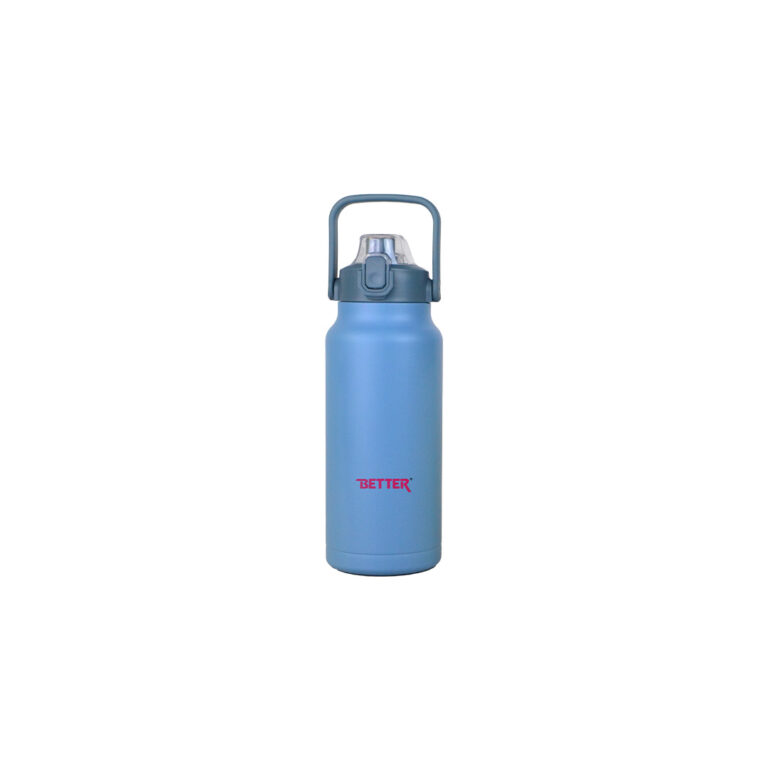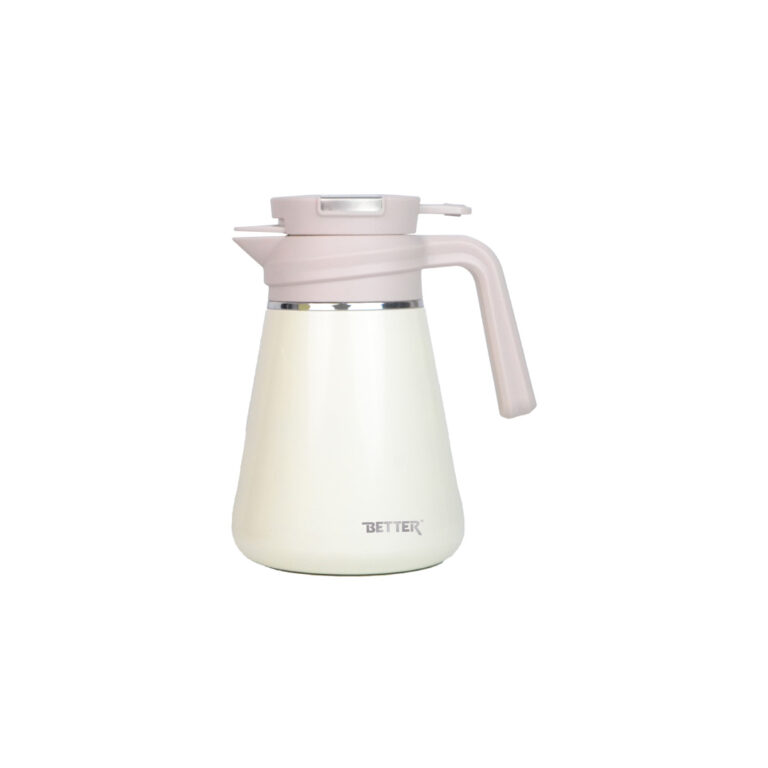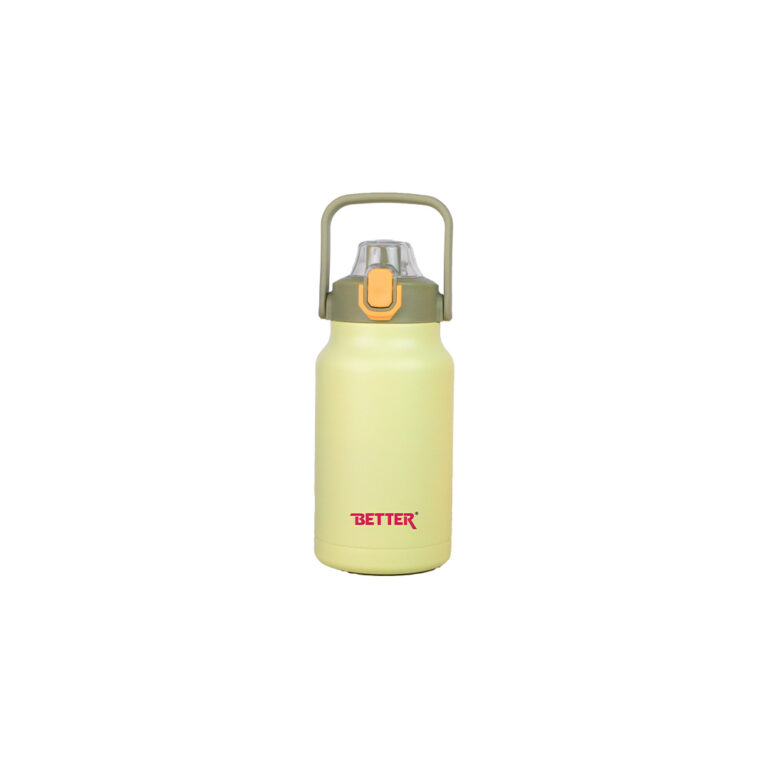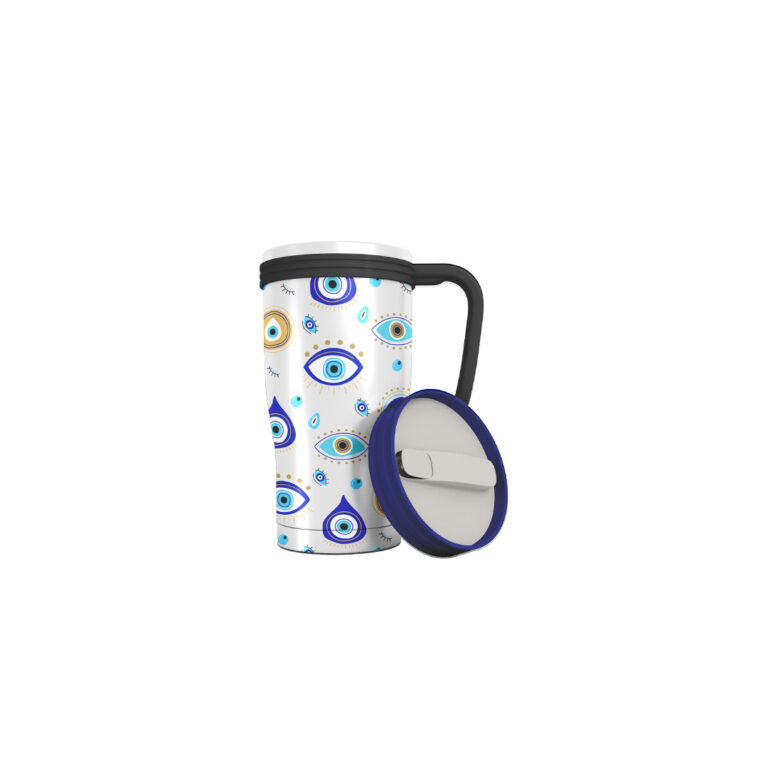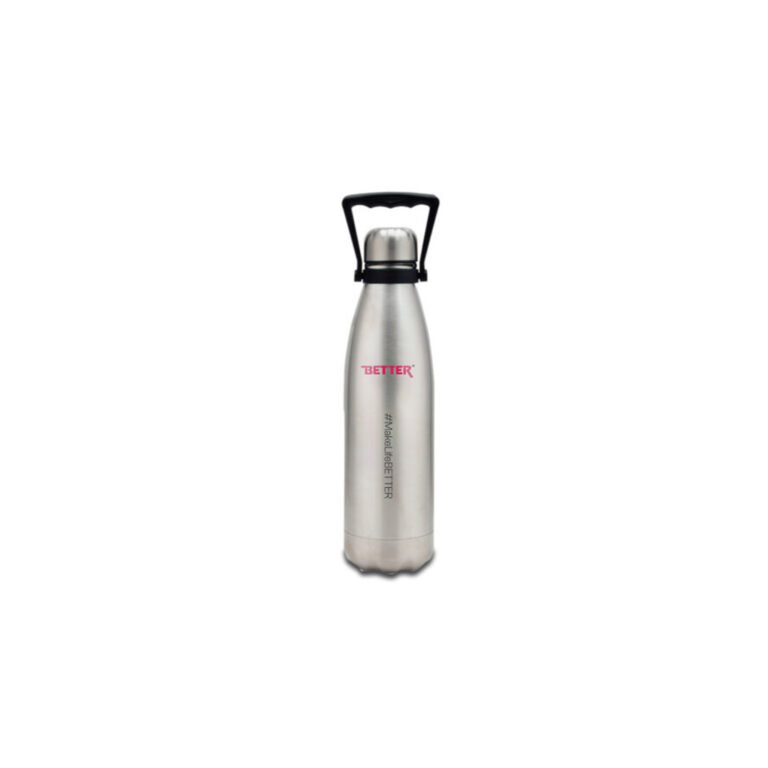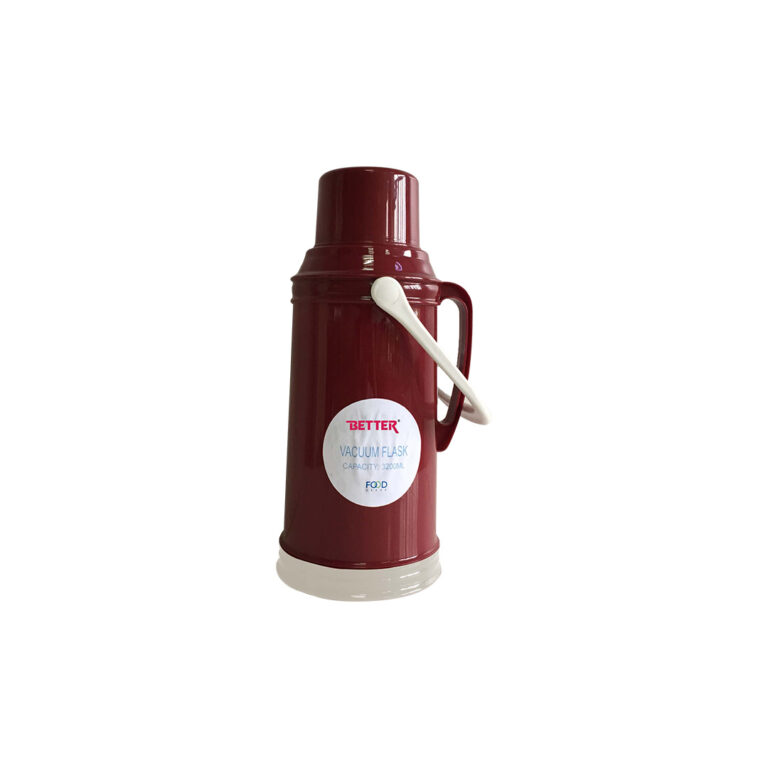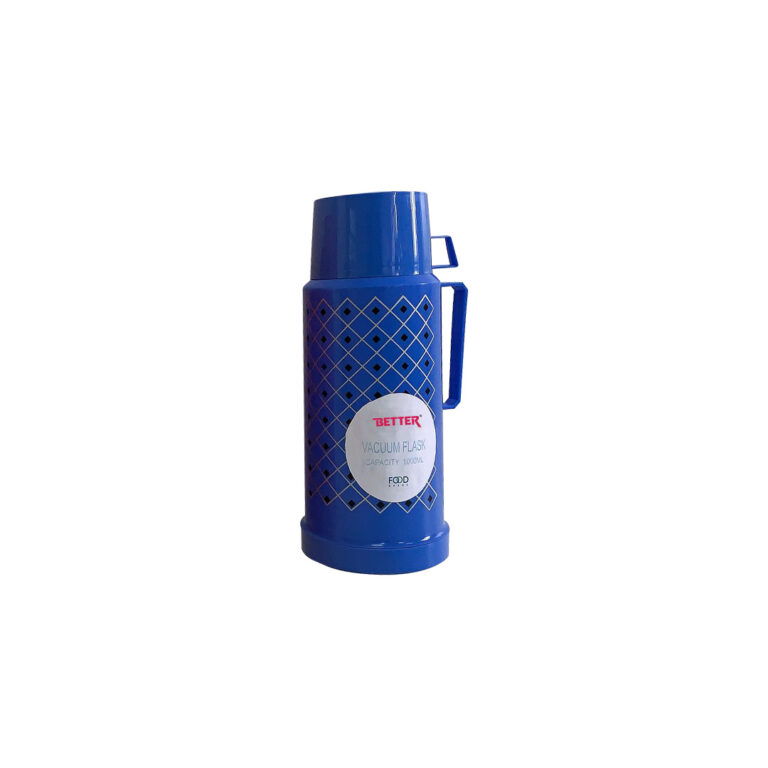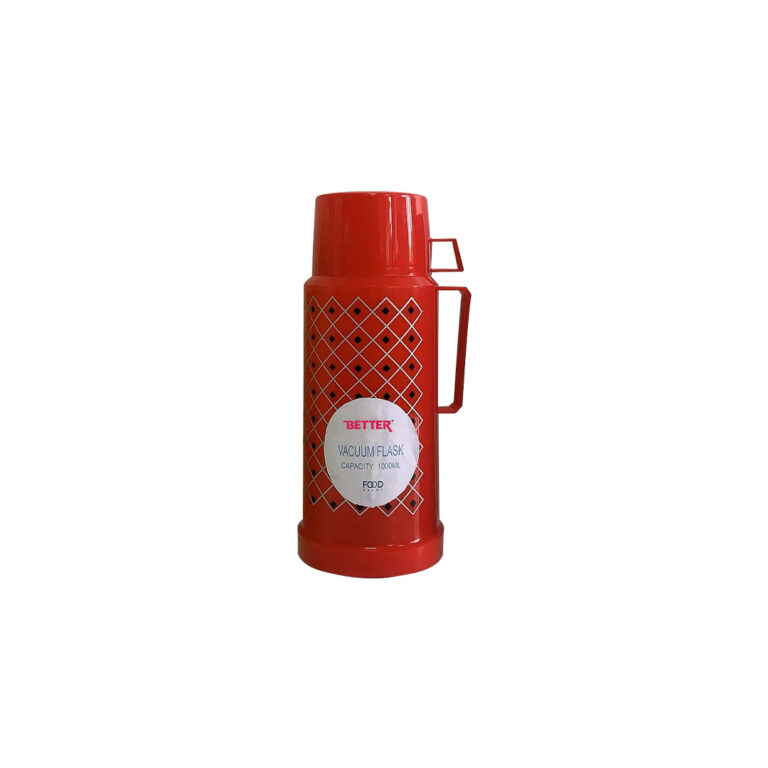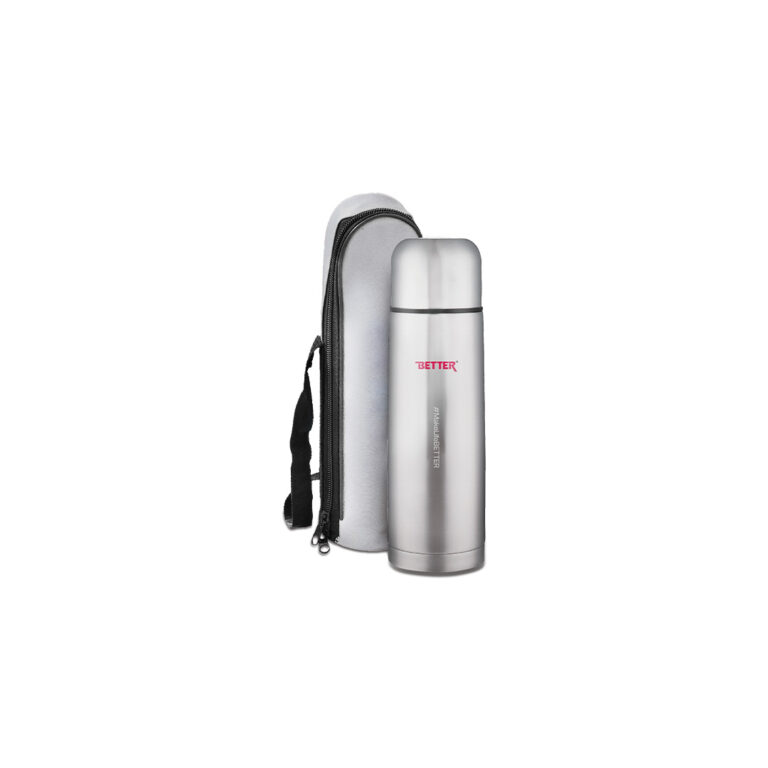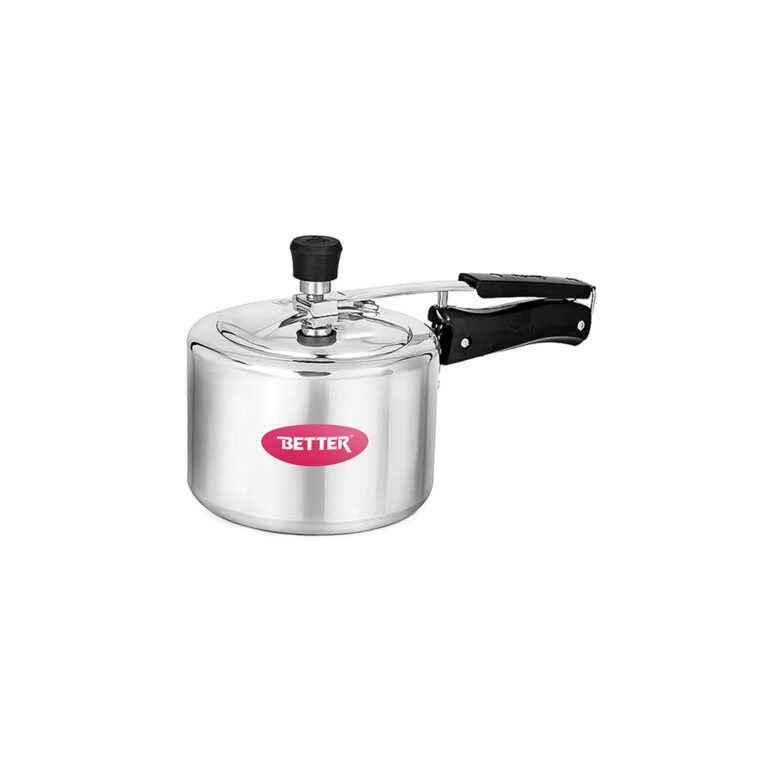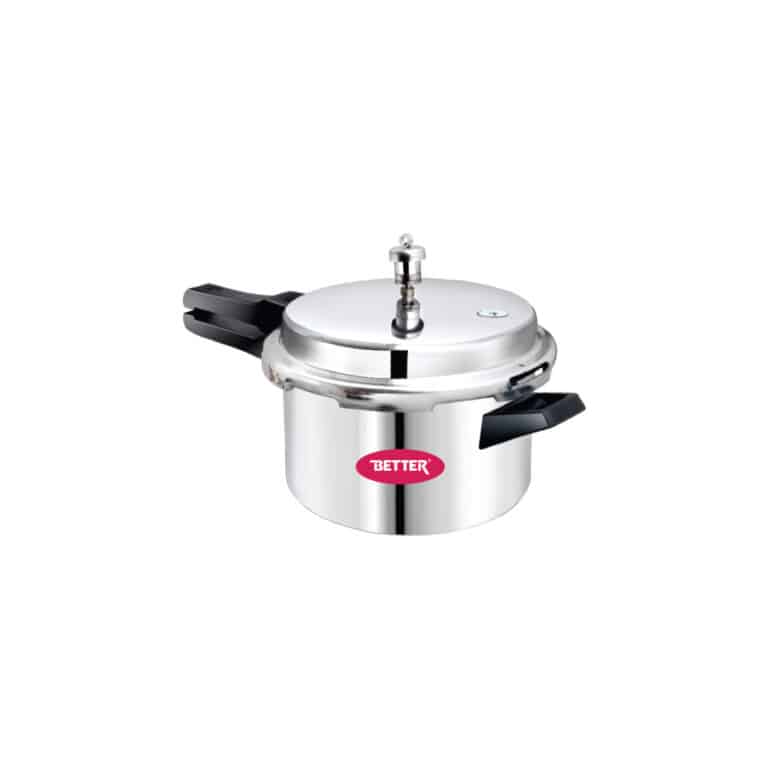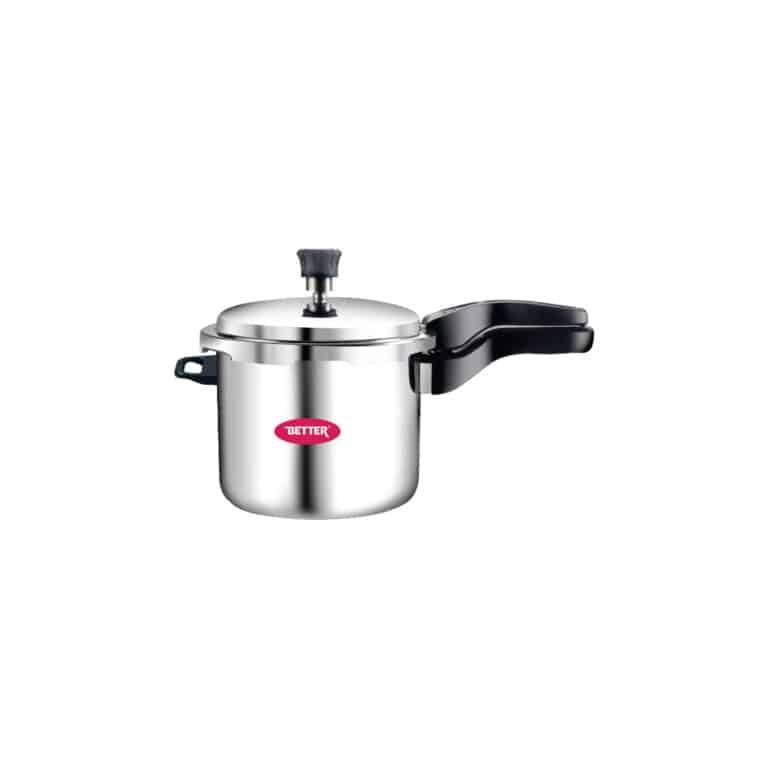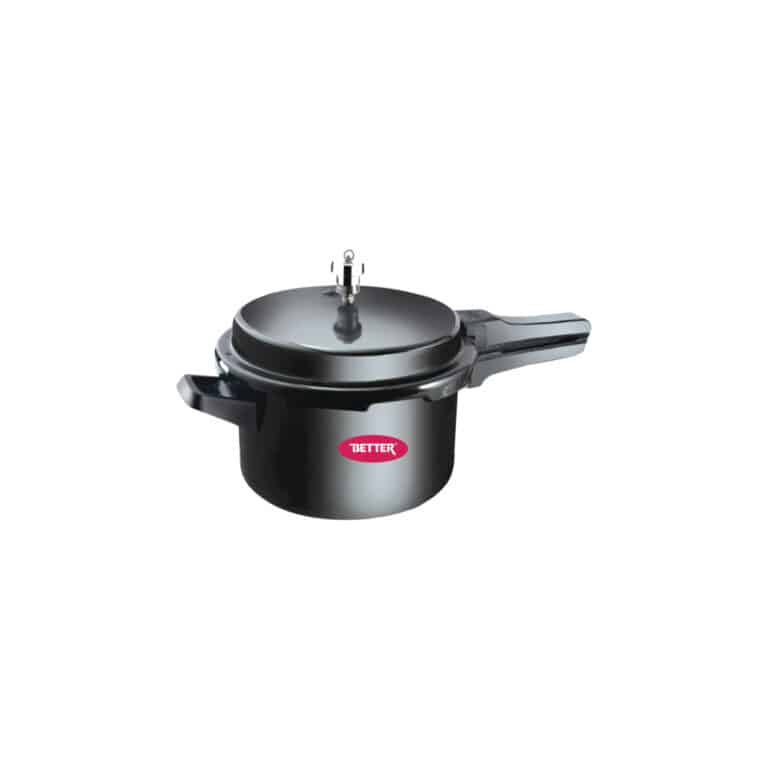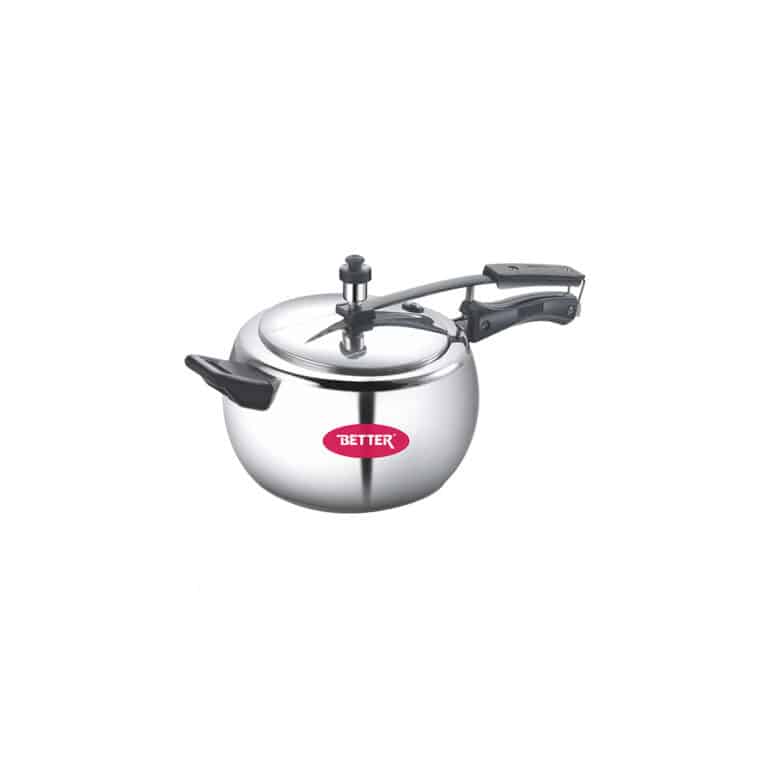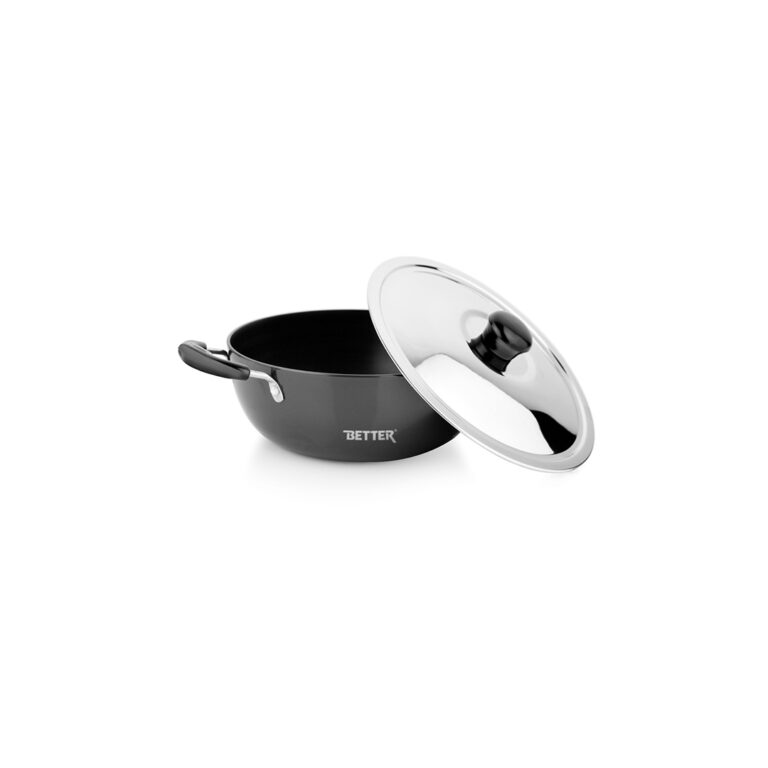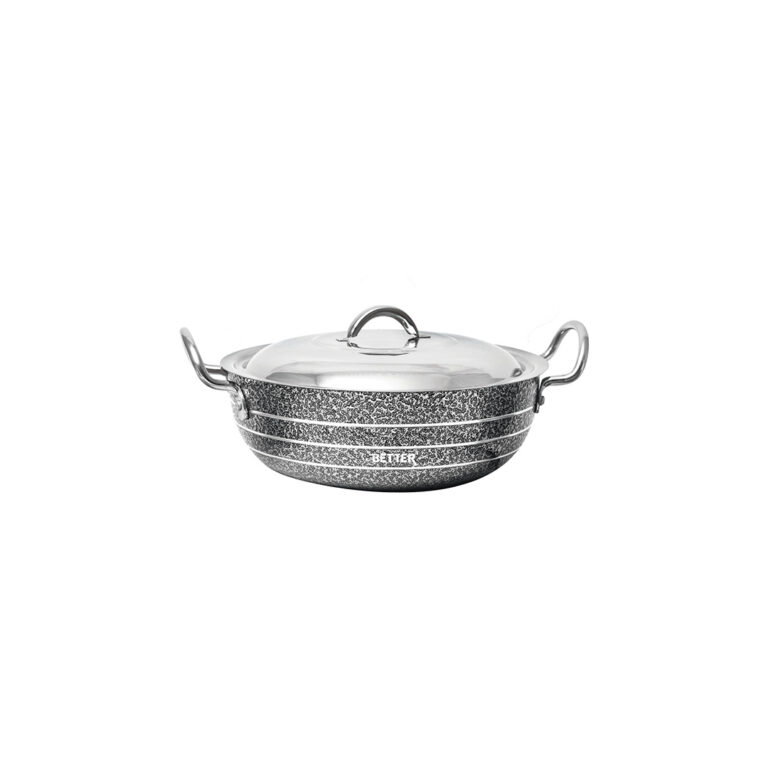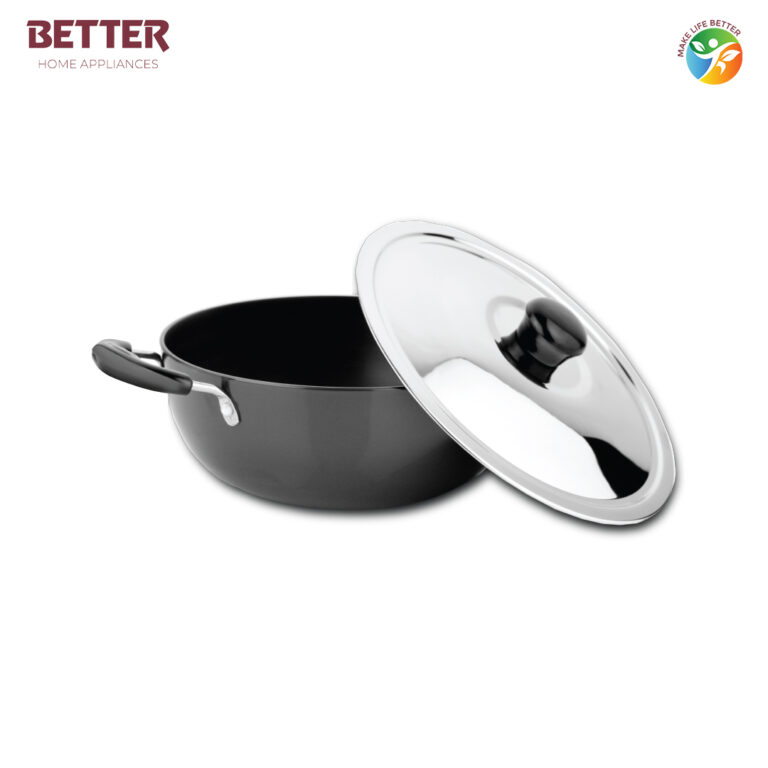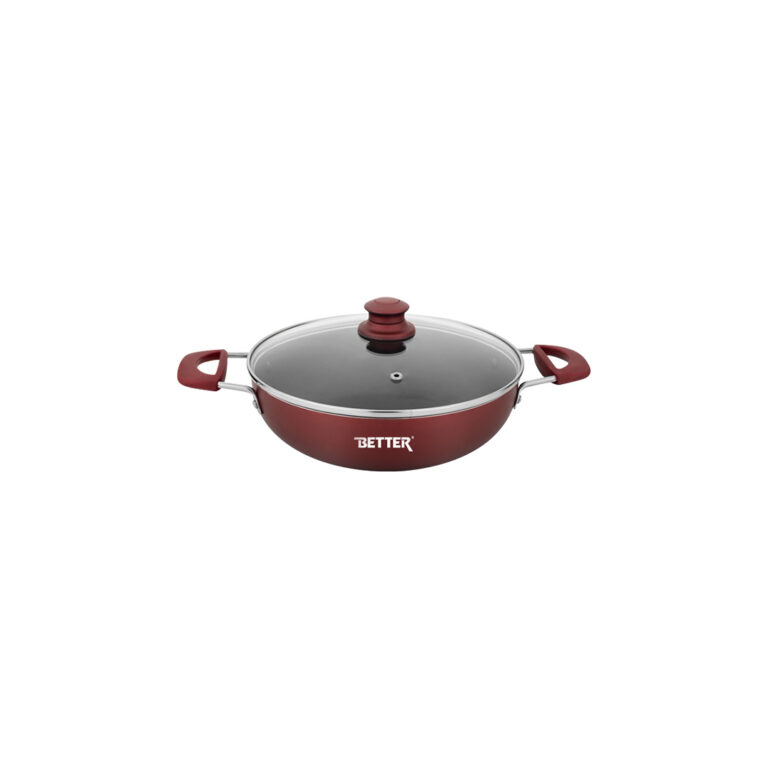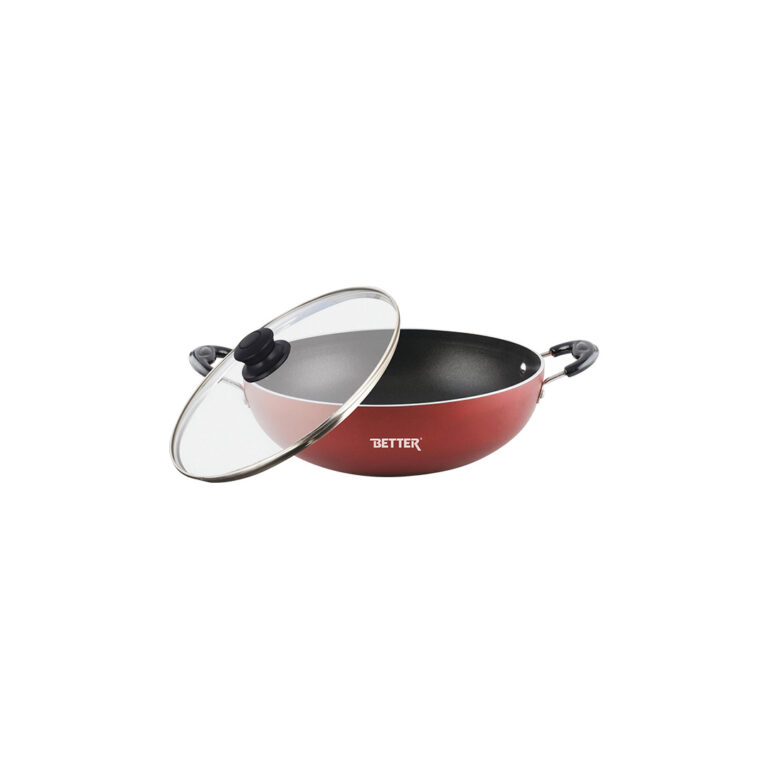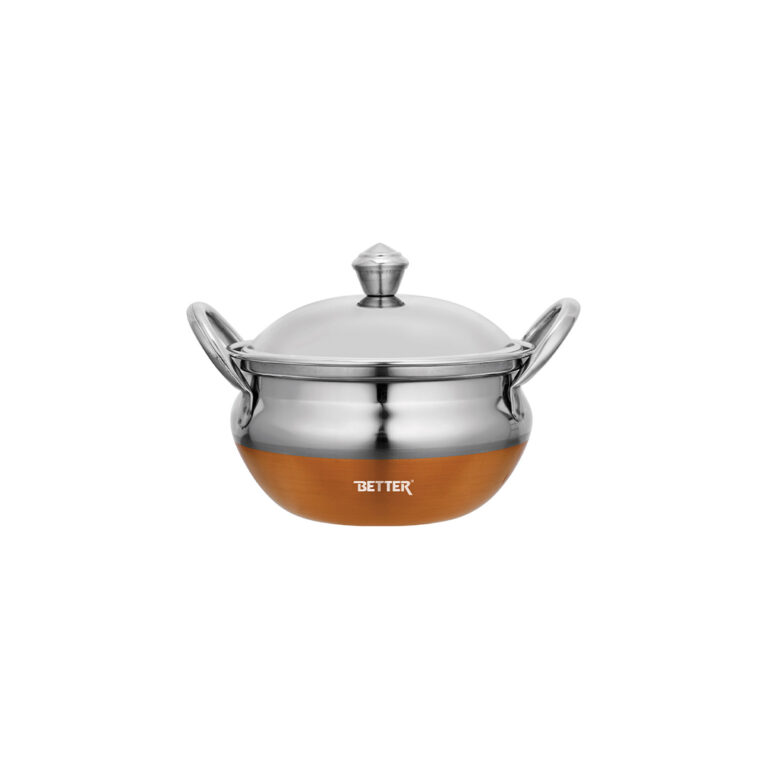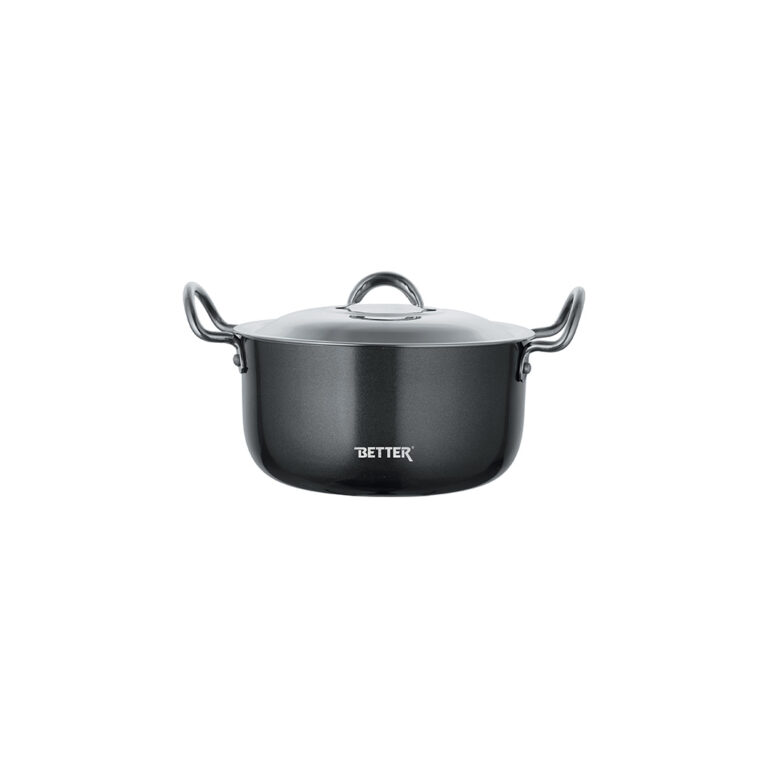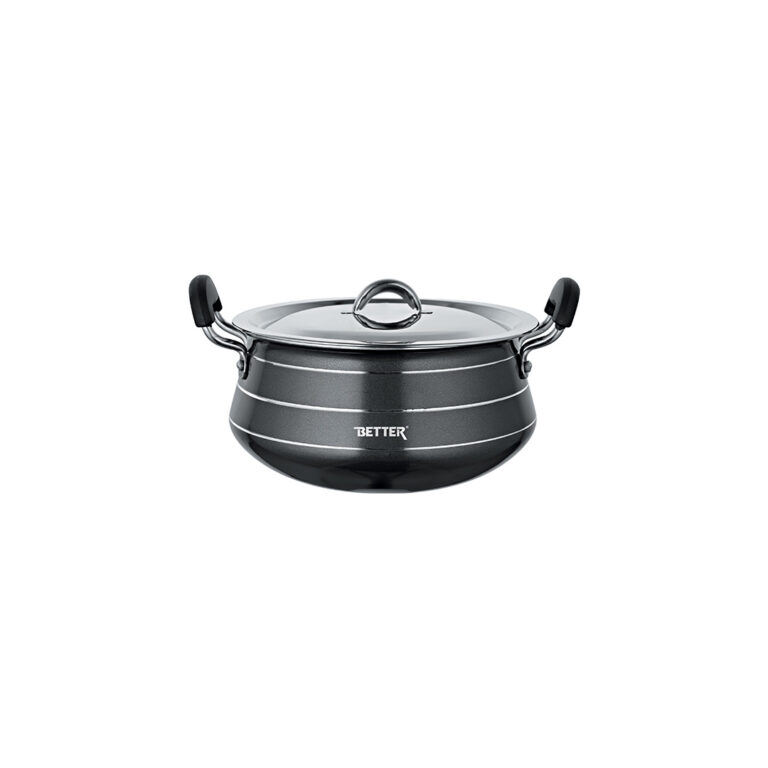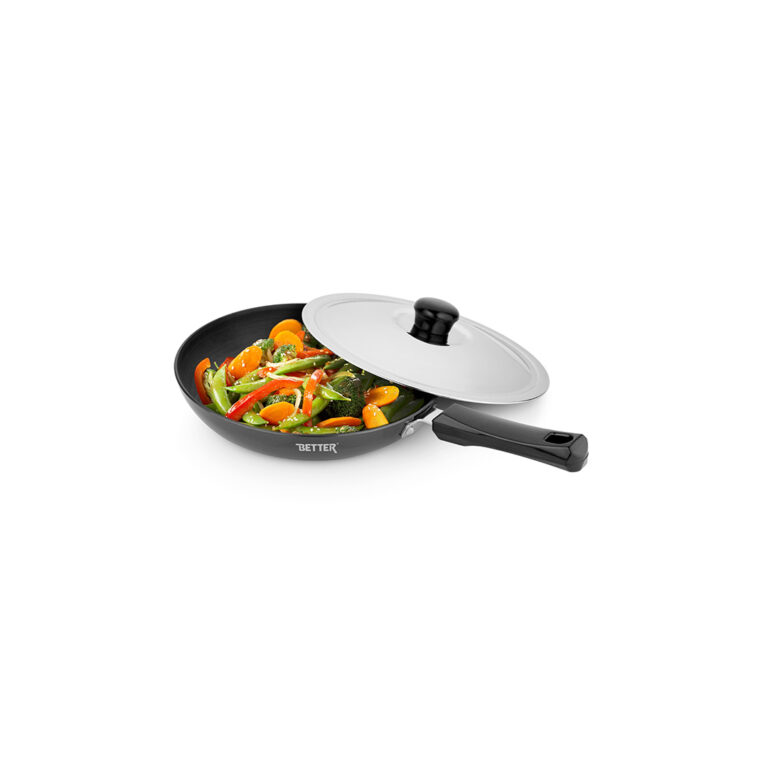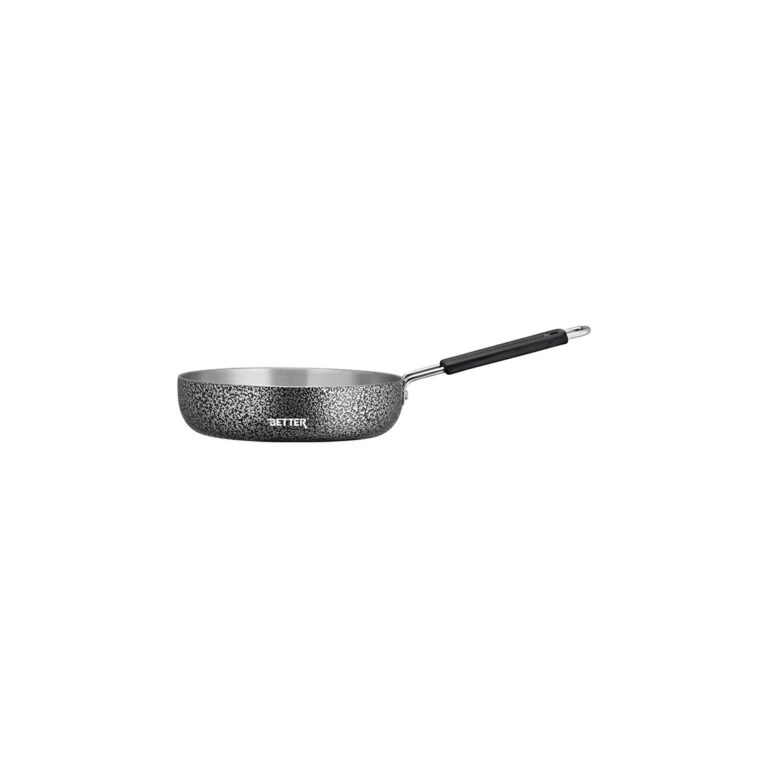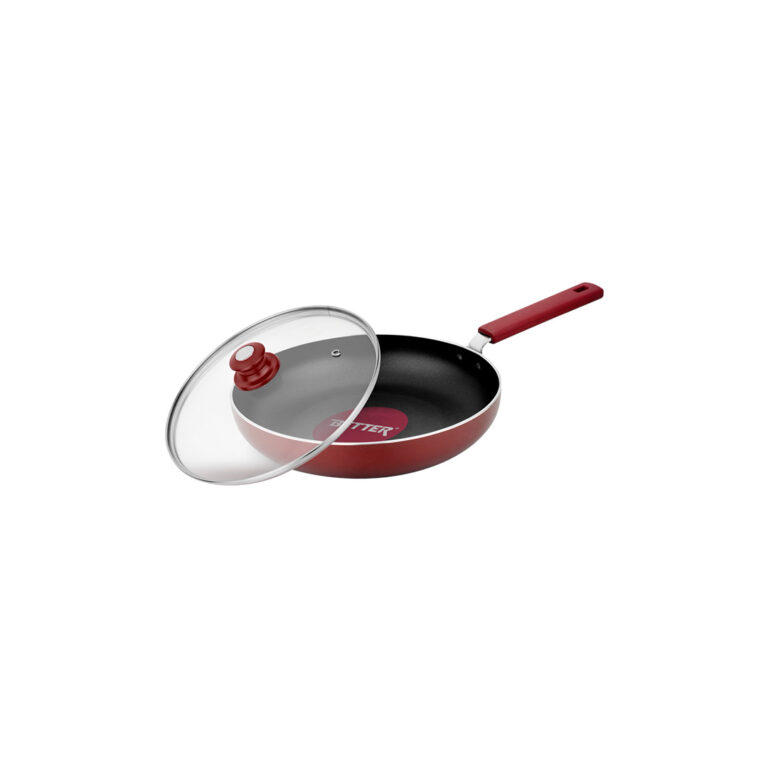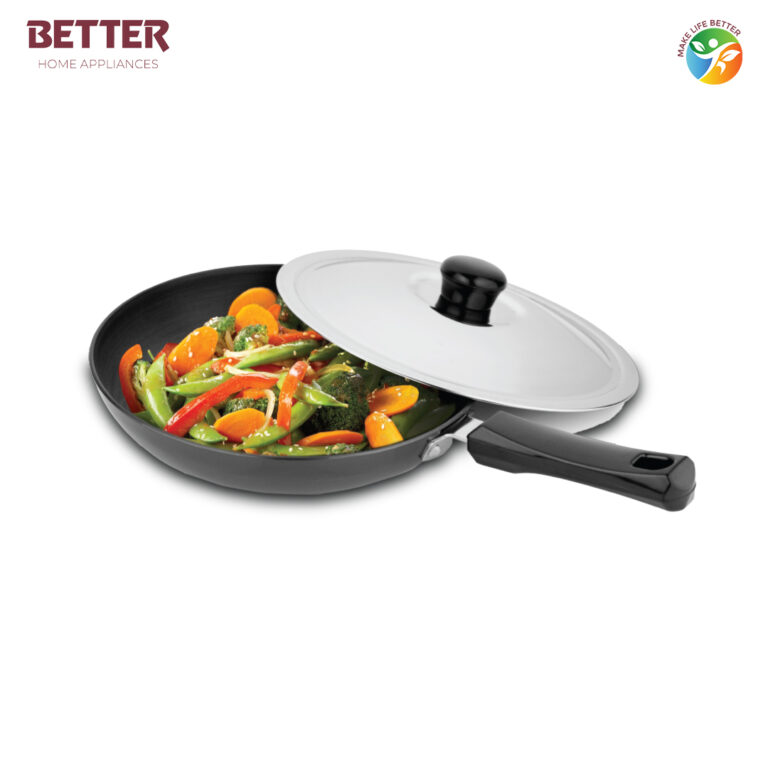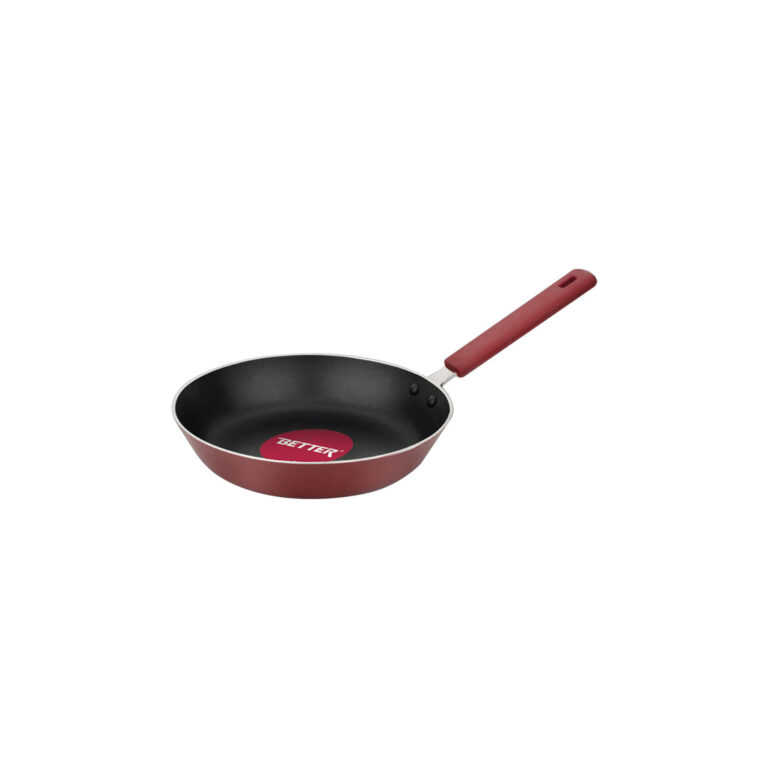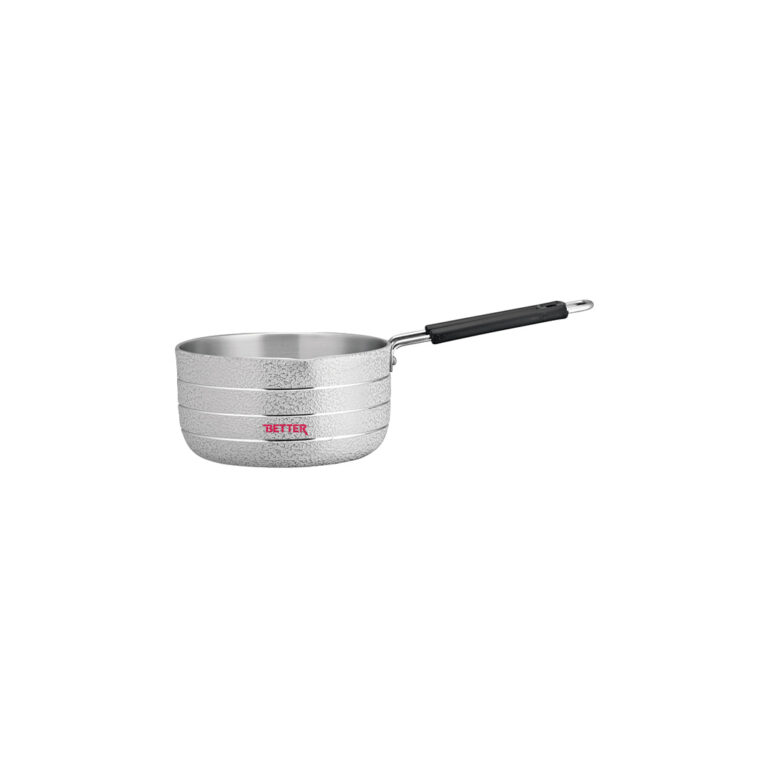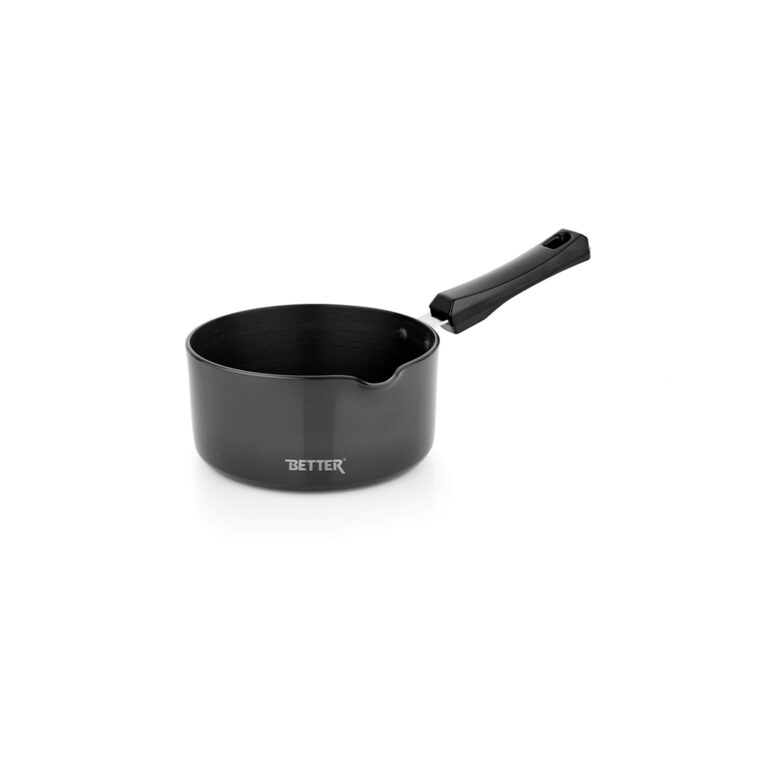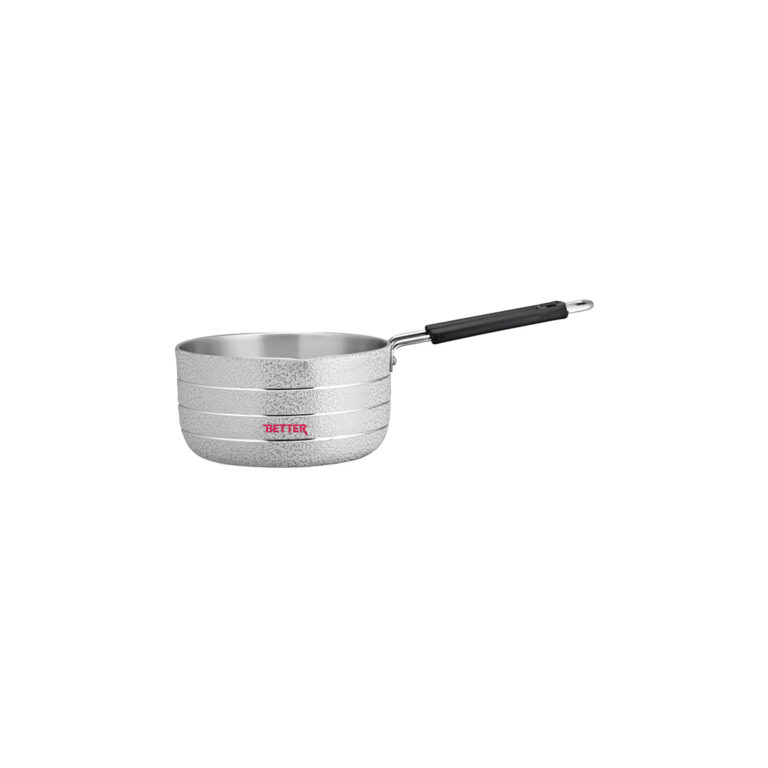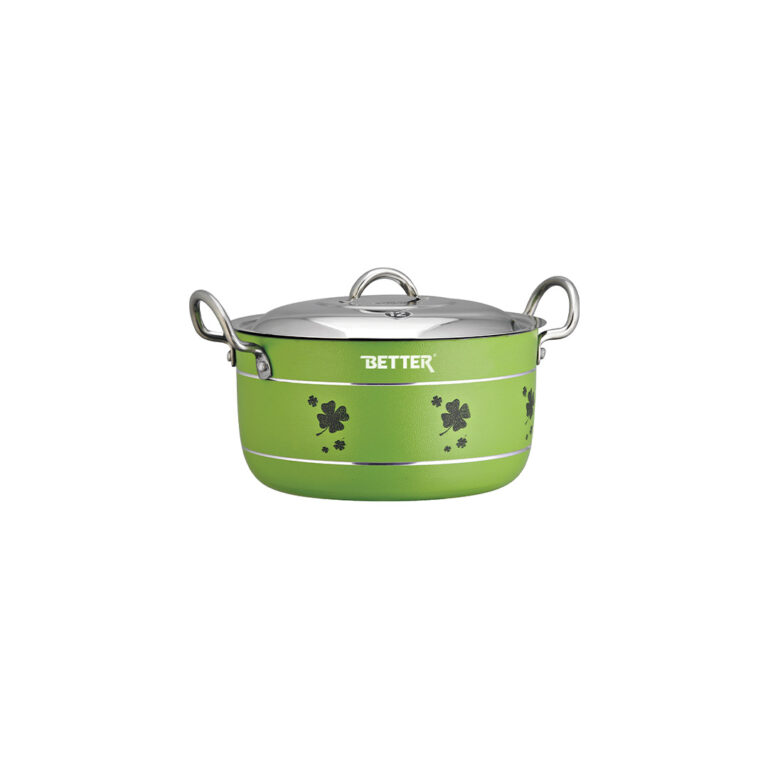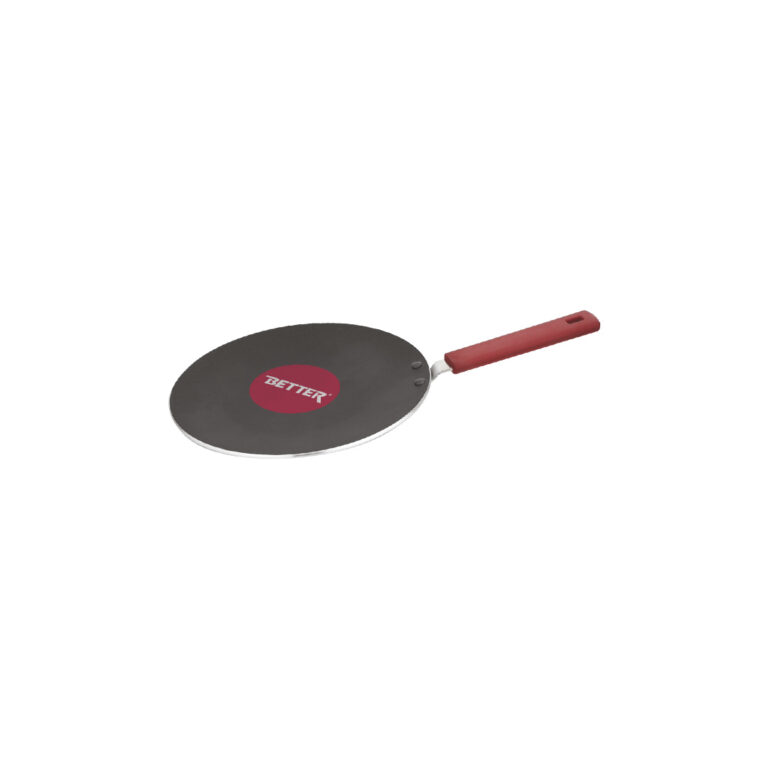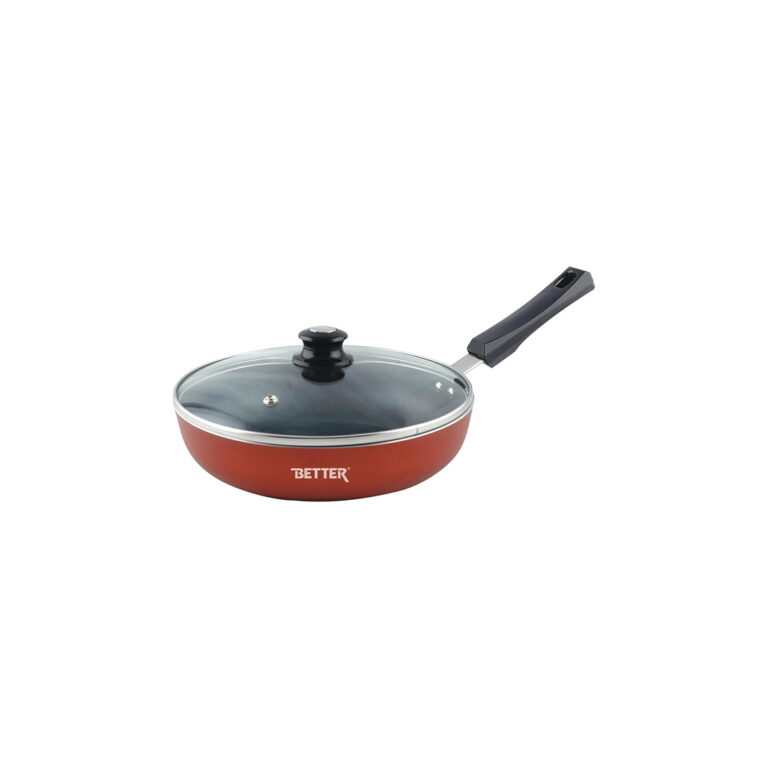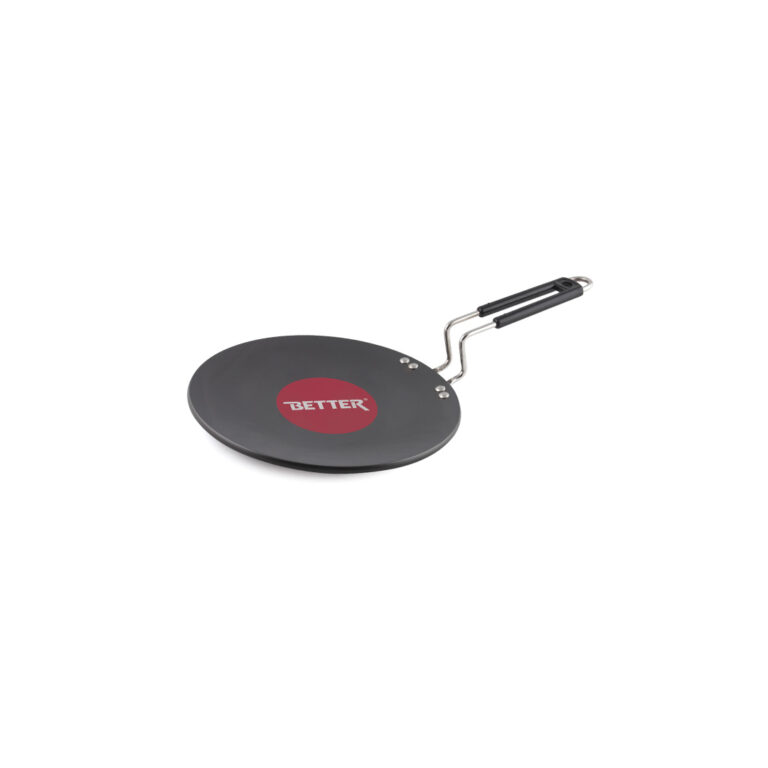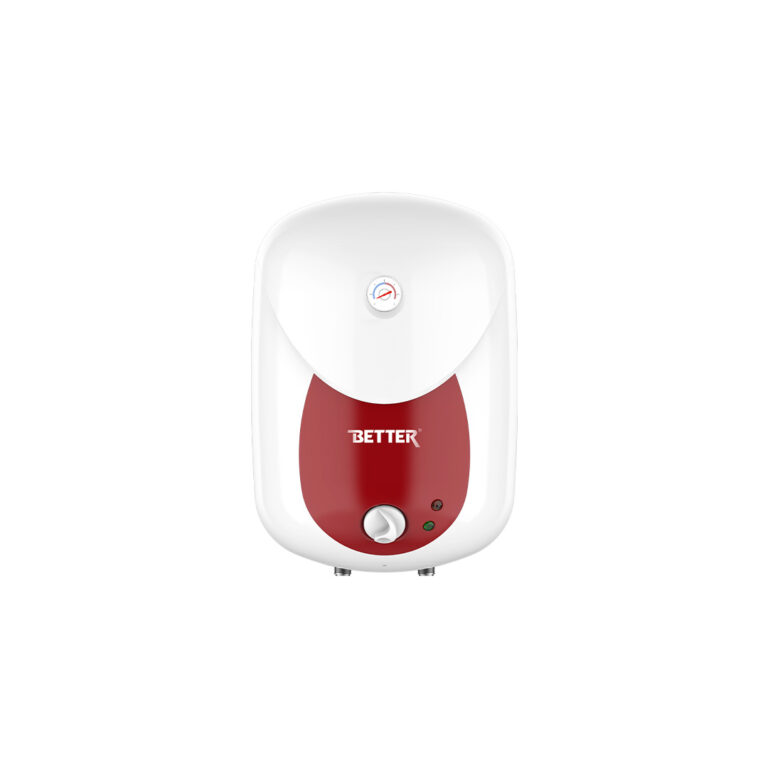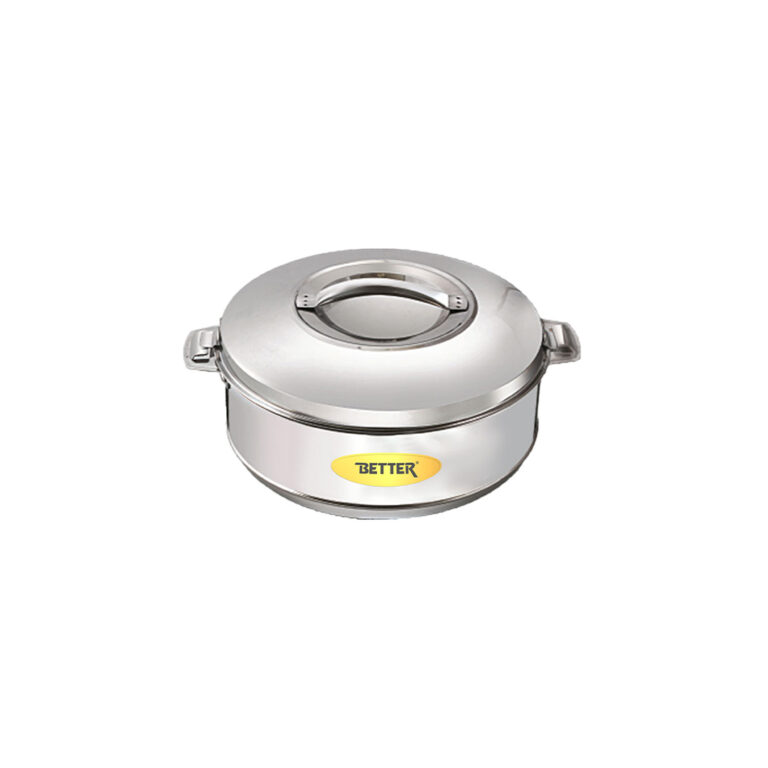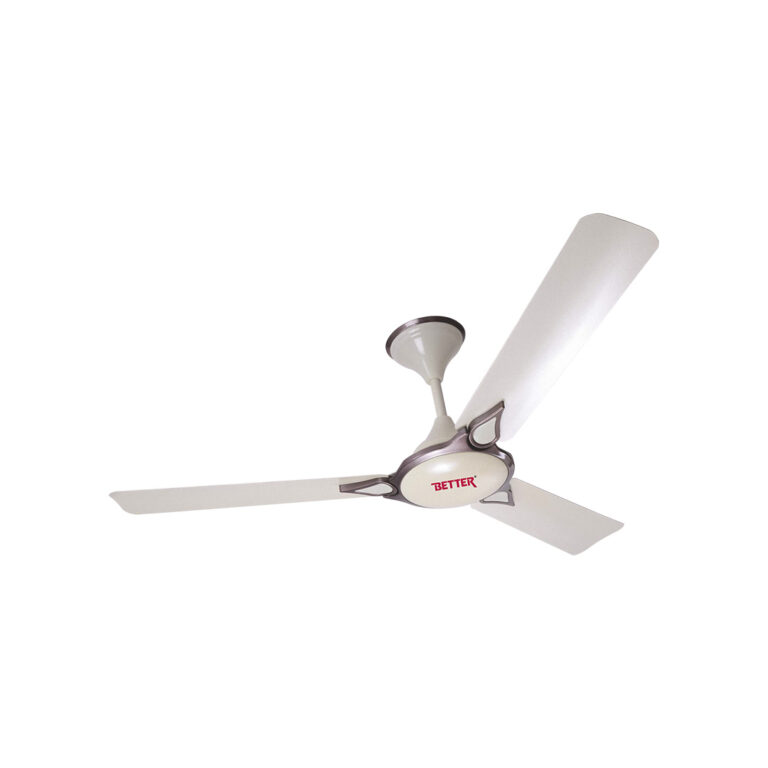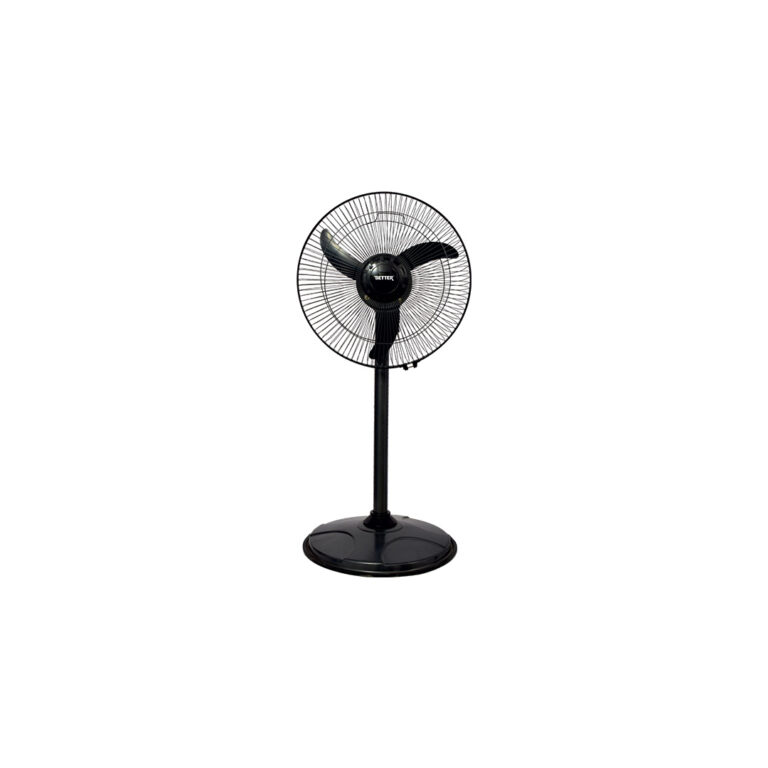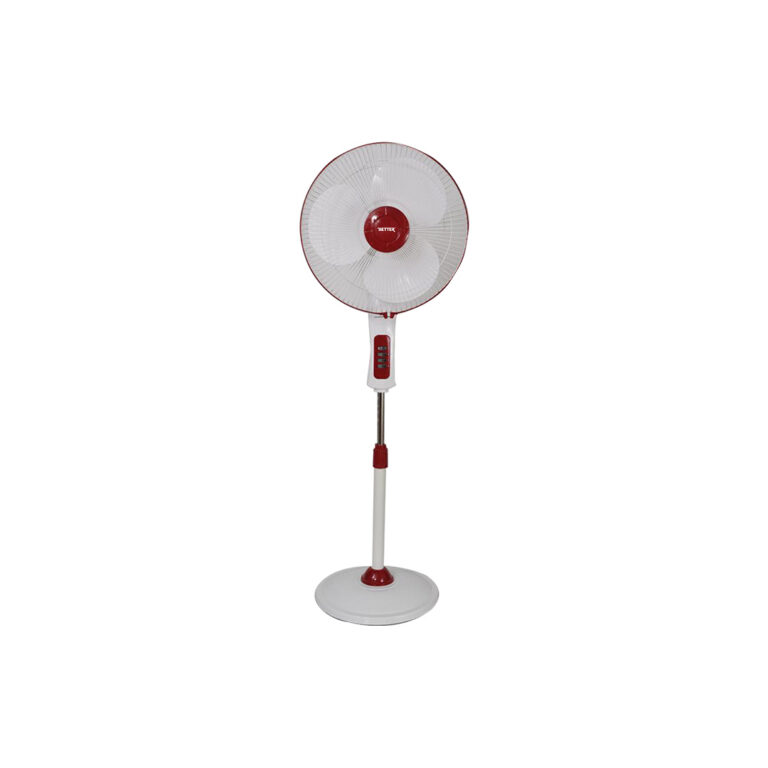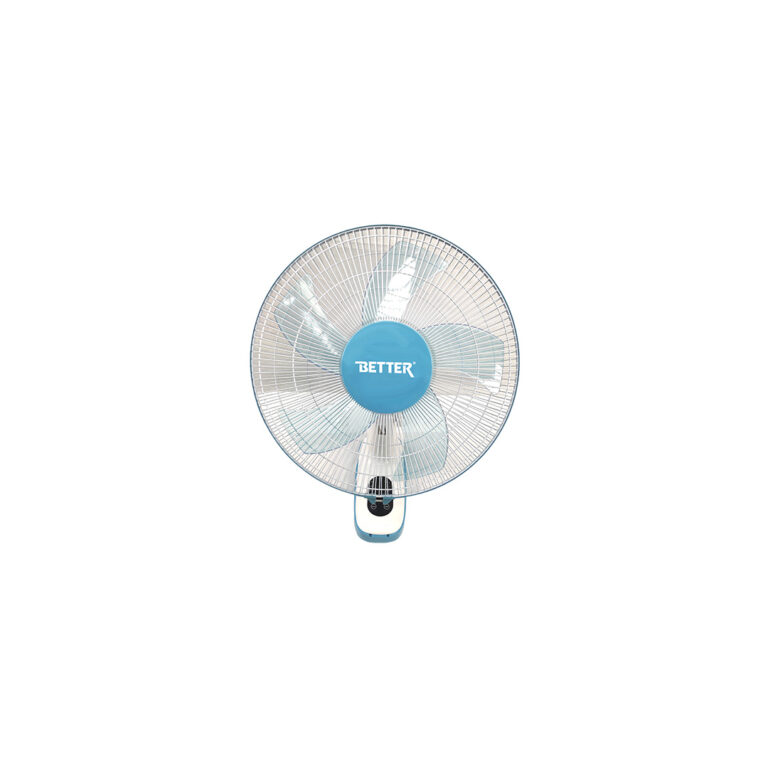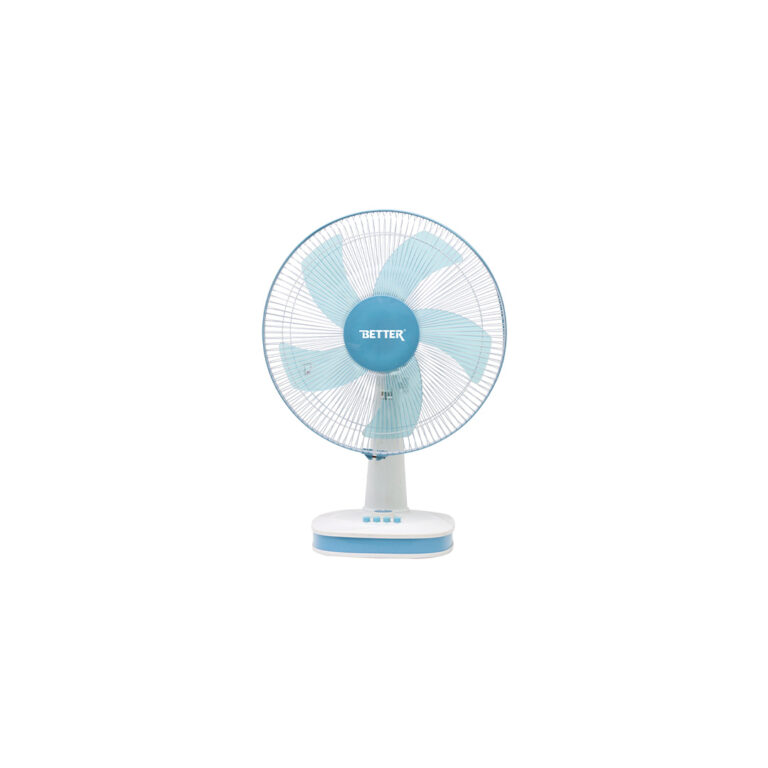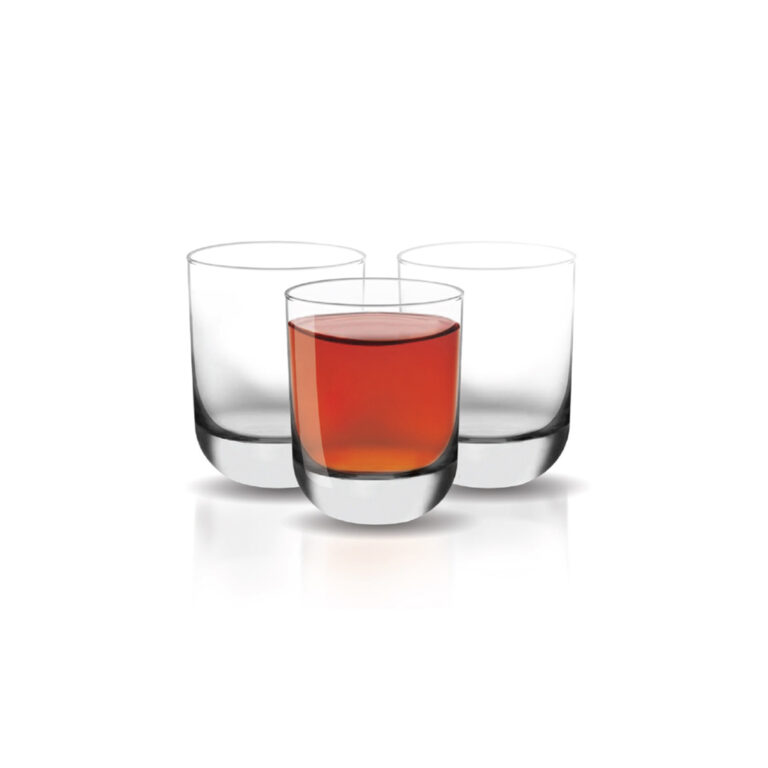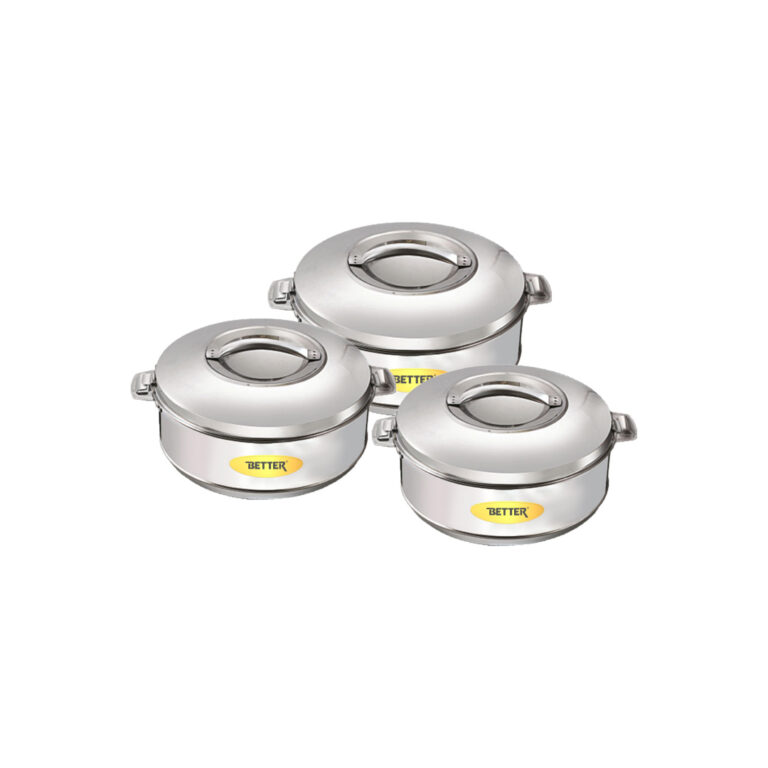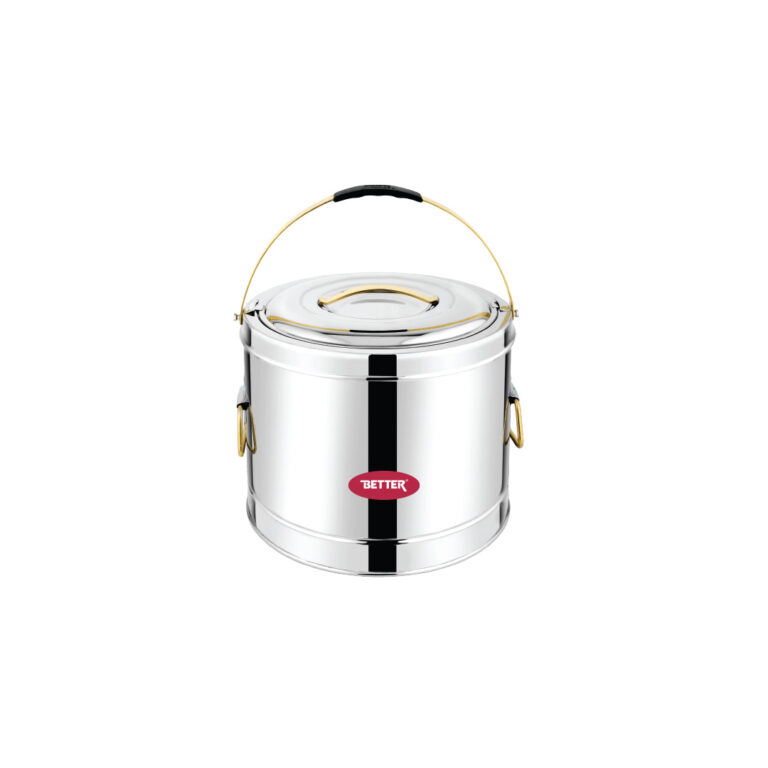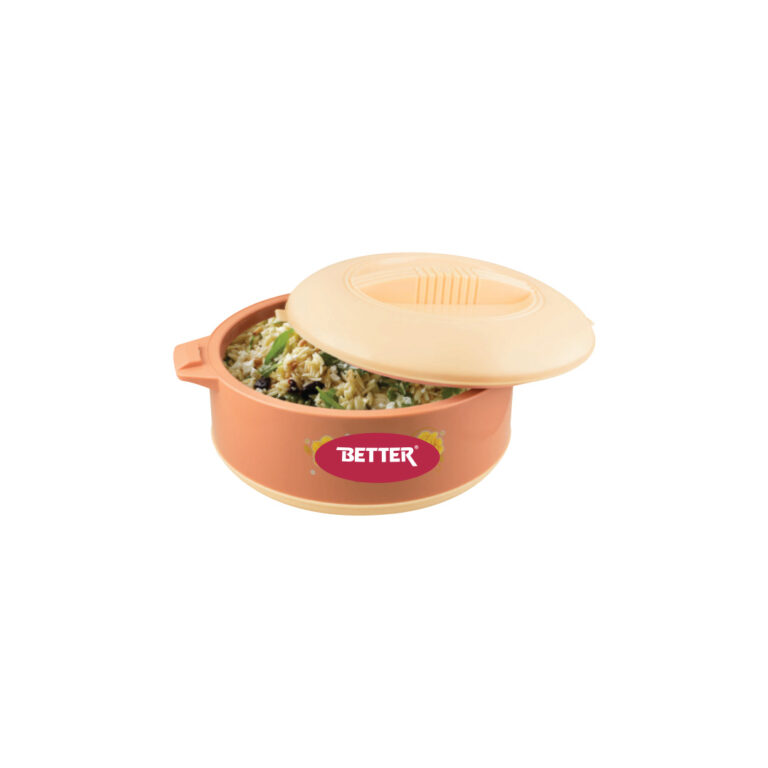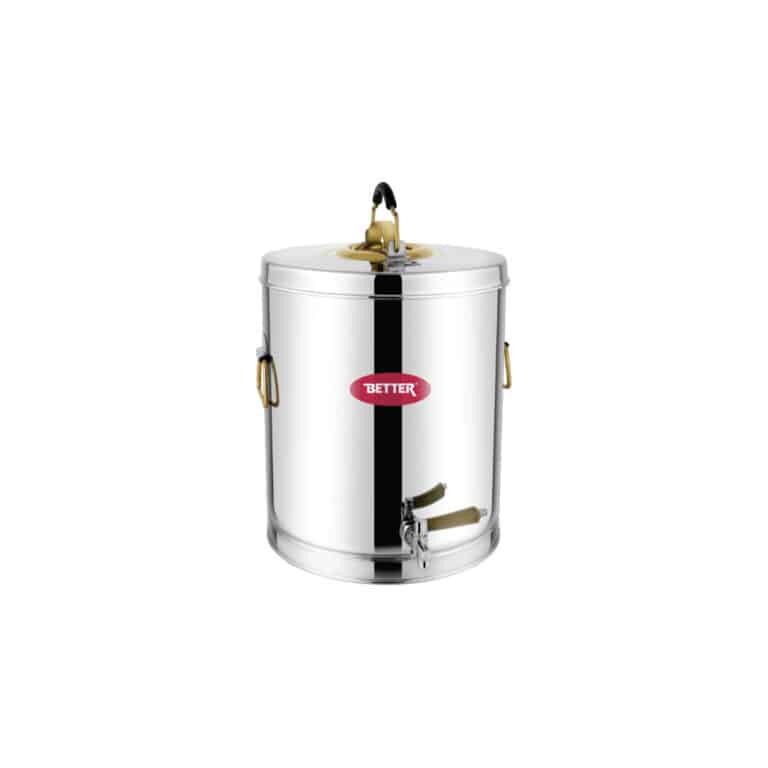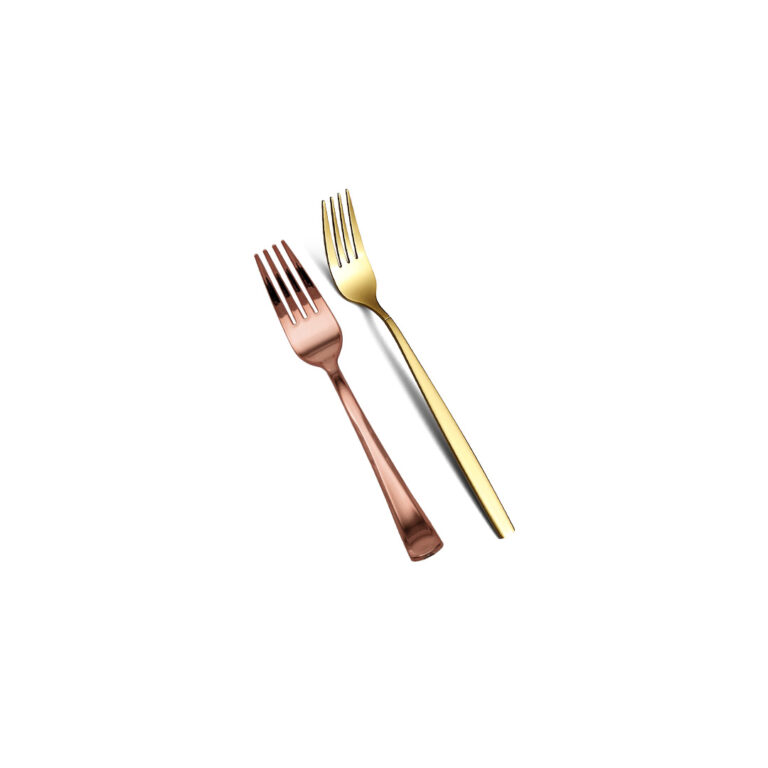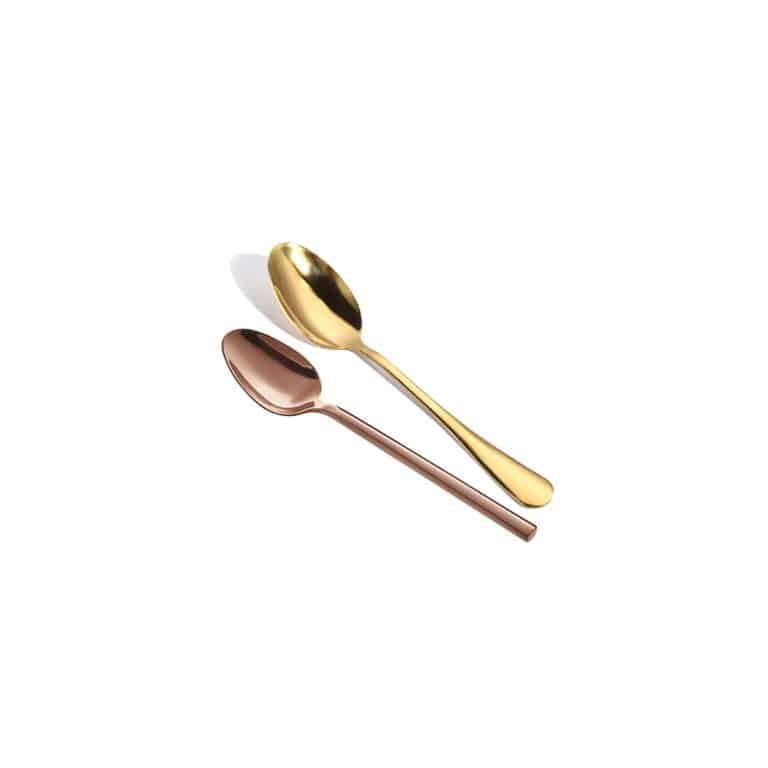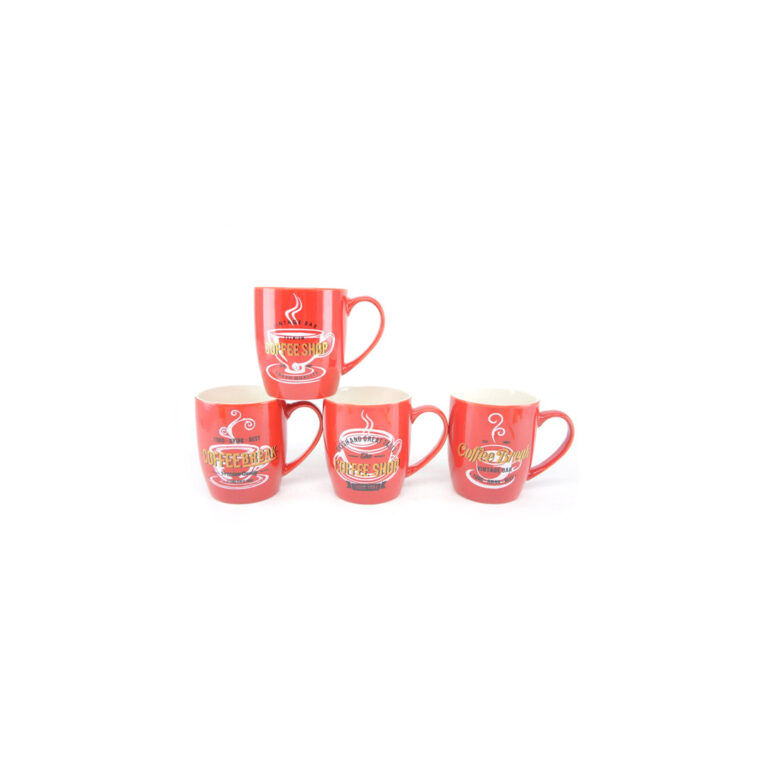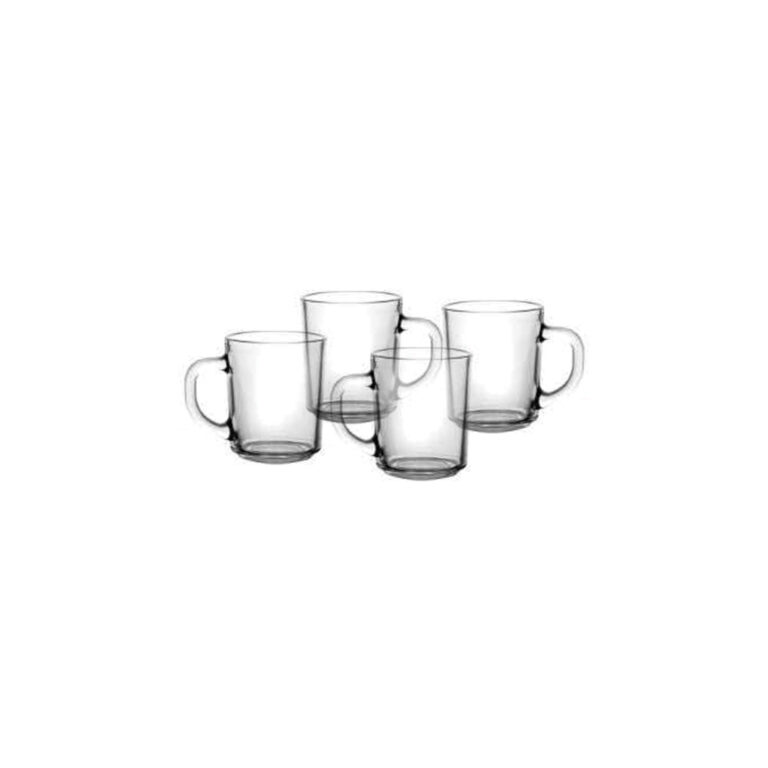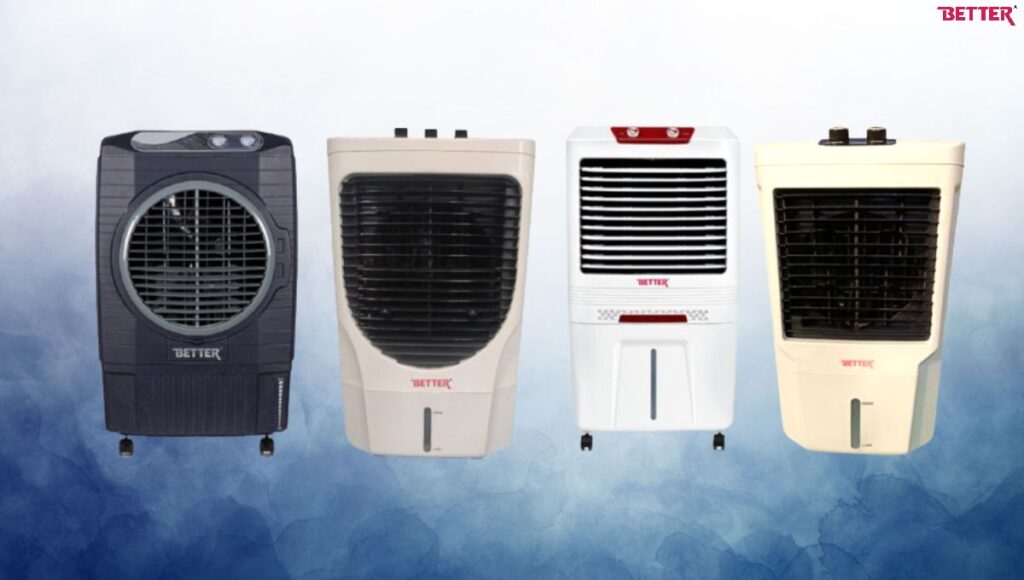

Exploring the Difference Between Fan and Blower
January 15, 2024
Share To:
Would you believe me if I told you that a fan and blower are different? I know you might be thinking how can they be different when both of them are used for cooling and air circulation? However, despite being used interchangeably most of the time, they differ in terms of functionality, application as well as design.
Interested in knowing in detail about the difference between fan and blower? No problem, in this blog we’ll be exploring in detail how a fan and blower are different from each other. So, without any delay let’s find out the differences between them,
Fan vs. Blower: What’s the difference?
Fan is a mechanical device that’s designed to create airflow by rotating blades in a circular motion. Fans usually work by creating an airflow by drawing air in and then propelling it outward.
On the other hand, blowers are also mechanical devices that are used for generating airflow at substantial pressure. Opposed to fans, blowers are composed of impellers that draw in the air and then accelerate it outward in a more focused manner.
Here are the grounds on which a fan differs from the blower,
Size and Design
A fan consists of fewer blades for functioning or rotation and is of simple design. The size of the fan is often described in terms of diameter for axial fans and dimensions of fan blades for centrifugal fans. There are several types of fans such as axial fans and centrifugal fans depending upon the size and design.
A blower is more complex in design having multiple blades and is larger. The size and design of blowers vary depending on the required flow rate and pressure. The main types of blowers include centrifugal and positive displacement blowers.
Function
The primary function of a fan is to flow air or gas in an open space. Fans are commonly employed for air circulation as well as creating airflow around an entire space. Fans are designed to circulate air that ultimately helps with ventilation, cooling as well as the exchange of fresh air.
On the other hand, blowers move air or gas at a higher pressure and flow rate when compared to fans. A blower is designed to flow gas in a specific direction with the help of substantial pressure. Small car cleaning, vacuum cleaners as well as air conditioning are some of the purposes for which a blower is used.
Applications
The next difference between fan and blower exists in their application. The following are the common applications of fans:
Ventilation systems: For circulation of fresh air in homes, offices as well as industrial spaces.
Cooling systems: For protection against overheating and disperse of heat in electronic devices and machinery.
Comfort cooling: For creating air movement by use of ceiling fans and stand fans in residential and commercial settings.
Some of the common applications of blowers:
Air conditioning and refrigeration: For circulation of air and heat exchange in air conditioning and refrigeration systems.
Vacuum systems: Blowers when reverse operating create a vacuum that is used in vacuum systems for tasks like cleaning and packaging.
Industrial processes: Play an important role in material handling as well as providing combustion for industrial burners.
Pressure and Pressure Ratio
The fan has a pressure ratio of up to 1.11. The pressure ratio represents the ability of a fan to increase the pressure of air. Fans generally operate at lower pressure levels.
The blower has a pressure ratio between 1.11 and 1.2. As blowers are designed to handle higher pressures, they have a higher pressure ratio than of fans.
Benefits
Fans and blowers differ in terms of the benefits they offer too. Following are some of the benefits of using fans:
Energy efficient: Fans provide energy-efficient cooling options in comparison to other cooling methods. They are one of the most cost-effective cooling options when it comes to cooling indoor spaces.
Versatility: Fans come in different shapes and sizes, which makes them versatile for use ranging from home, offices as well as industrial spaces. In addition, they are easy to install as well as maintain.
Let’s now get into finding the benefits of blowers:
High-pressure capabilities: When there is a need for increased pressure, blowers are best of use as they are designed to handle higher pressure levels as compared to fans.
Versatility in applications: As blowers can generate higher pressures and flow rates, they have diverse applications. From industrial, and commercial to specialised settings, blowers play their role in addressing high-pressure needs.
Which would be better, a blower or a fan?
After going through the difference between fan and blower, I’m sure that you are quite sure what will best suit your needs. However, if you are still in confusion, I got you. Here are a few things that can help you to figure out whether you need a fan or blower.
Airflow Requirements
A fan directs air to the entire space whereas a blower directs air to a specific direction. So, choosing between them depends upon whether you need a directed airflow or not.
Pressure Requirements
As discussed earlier, fans operate in low pressure in comparison to blowers as blowers are designed to handle high pressures. If you require high pressure then a blower would be a perfect choice, in other cases a fan can be a better option.
Energy and space availability
Fans are quite smaller in size and use less energy when compared to blowers. So, you should also consider energy as well as the availability of space when choosing between a blower and a fan.
The Bottom Line
Although fan and blower are used interchangeably most of the time, in reality, they differ on various grounds. Size and design, function, applications, pressure and pressure ratios, along with benefits are the differences between a fan and a blower.
You should be considering airflow as well as pressure requirements along with energy and space availability when choosing between a fan or a blower.
Whether you think of buying a fan or a blower, one thing that you need to be sure about is their quality. So, for quality home appliances at an affordable price make sure you visit Better Home Appliances.
Related Blogs

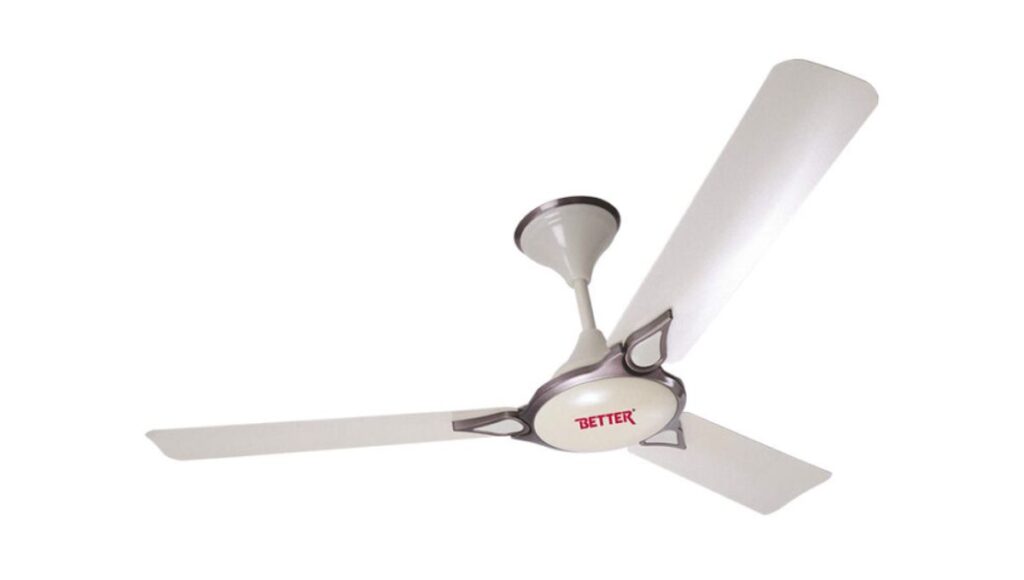
How to connect a ceiling fan?





